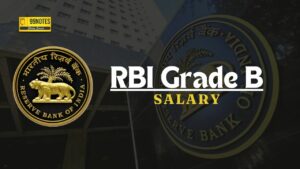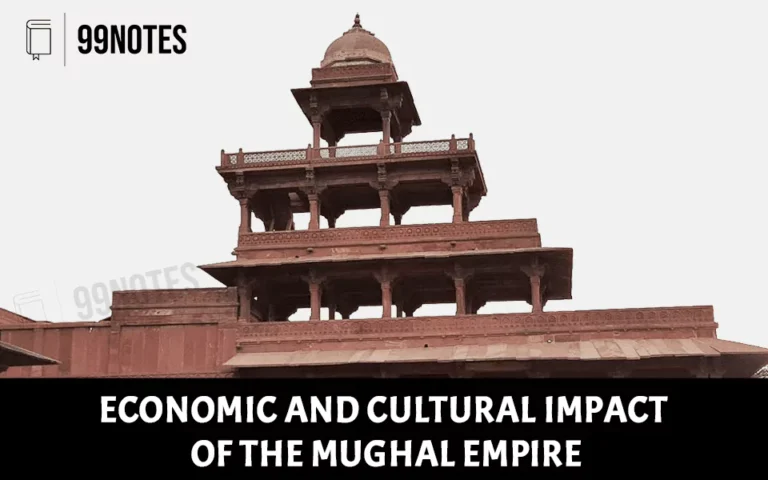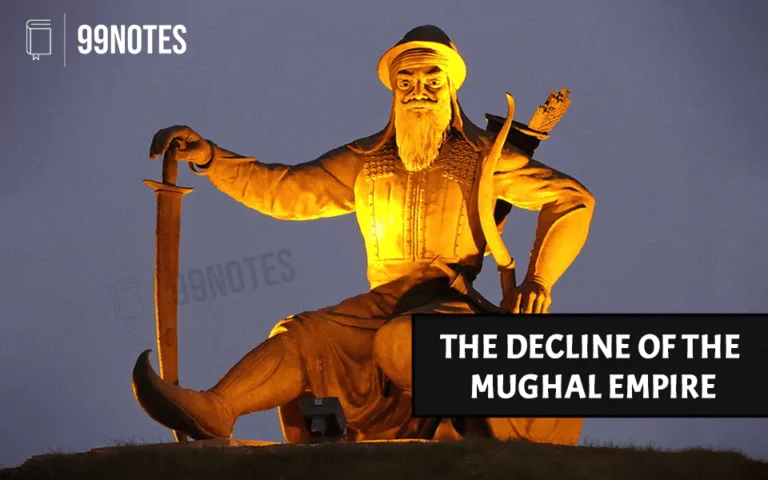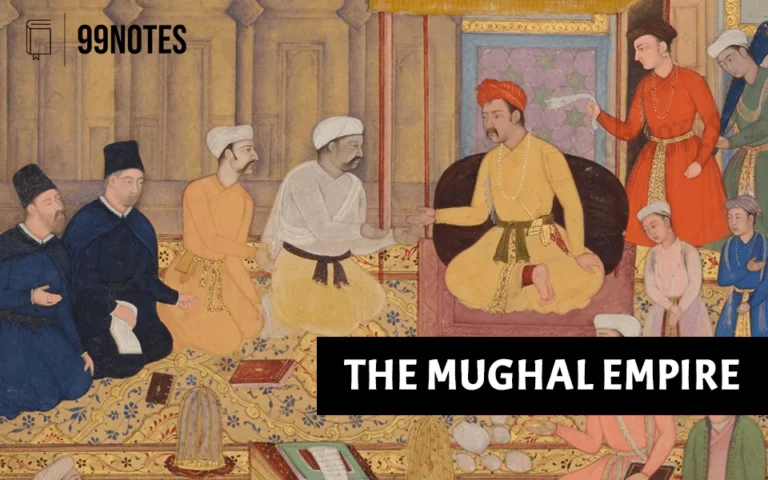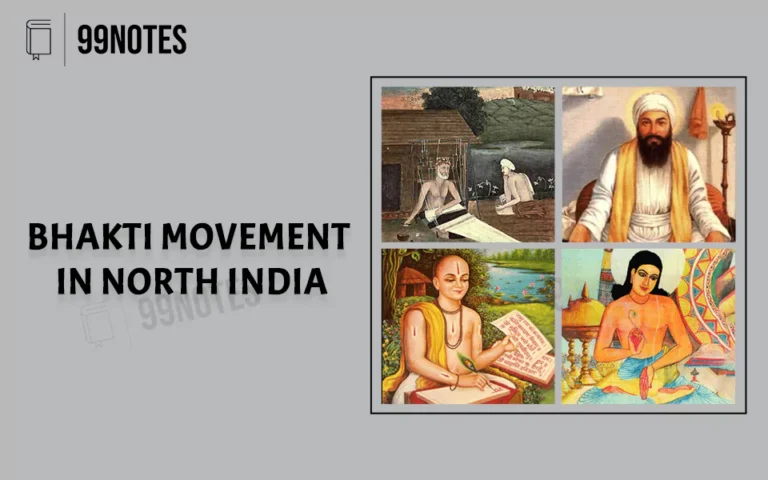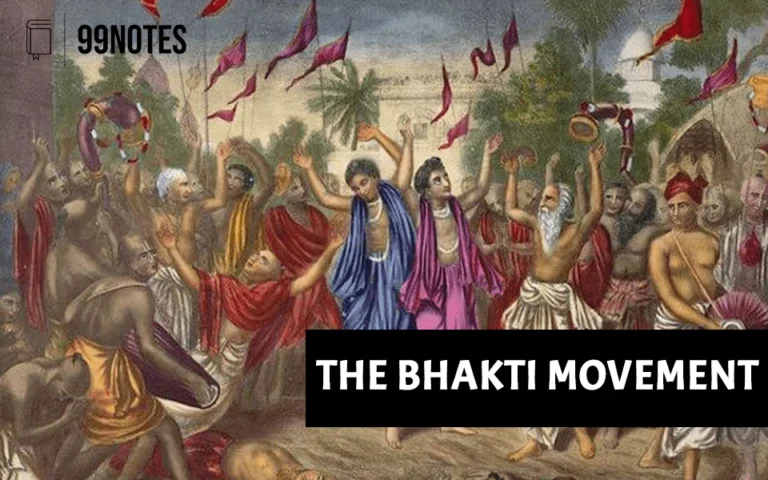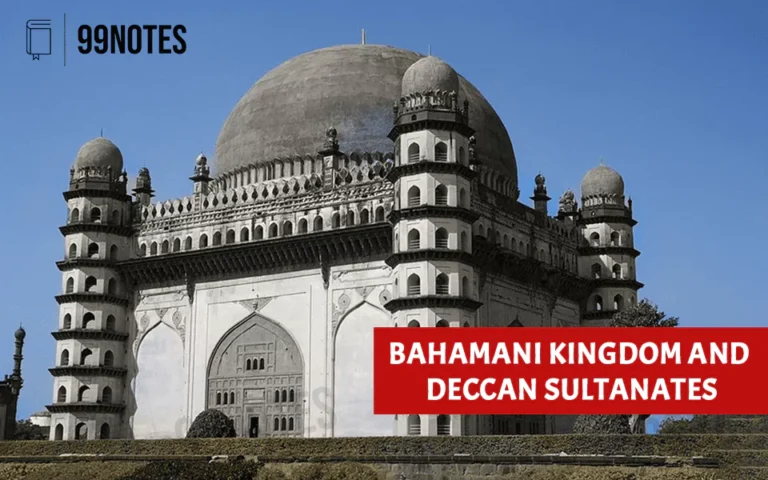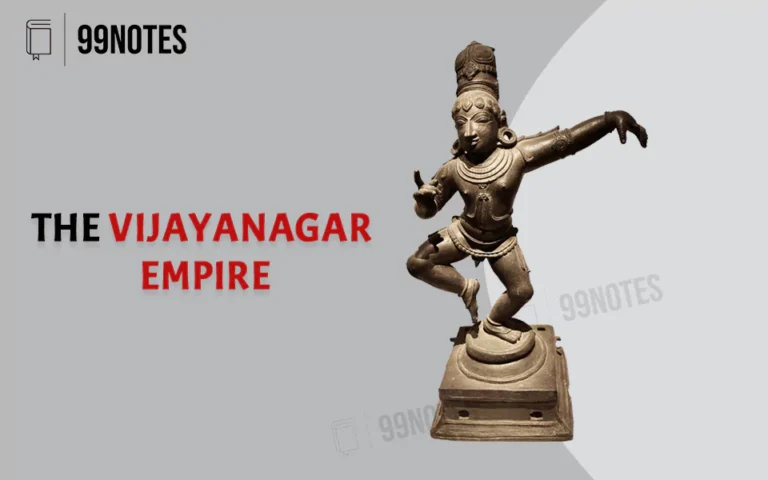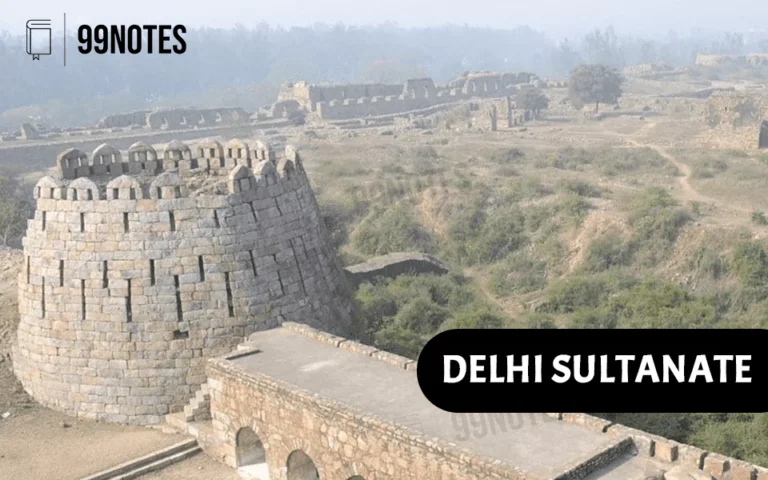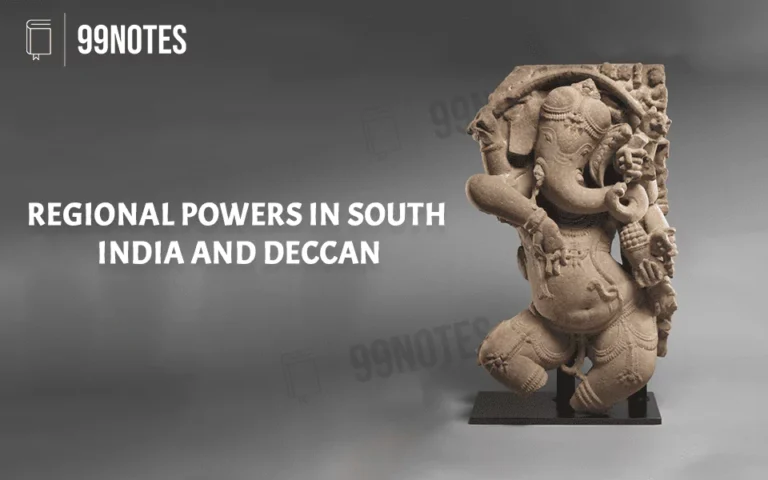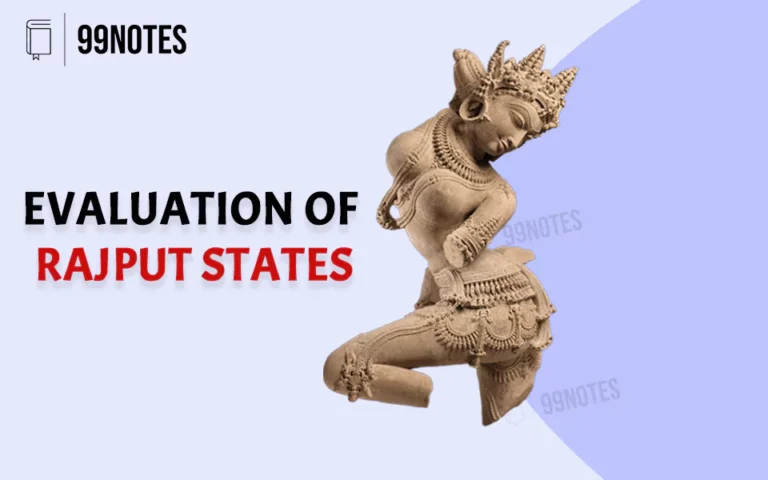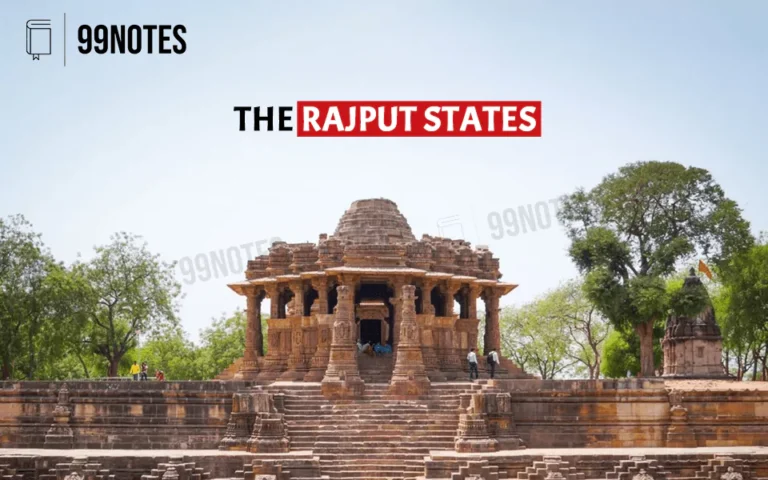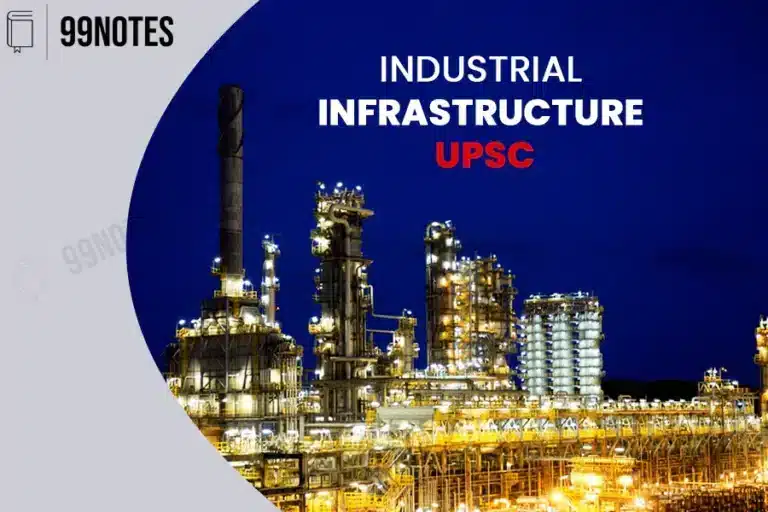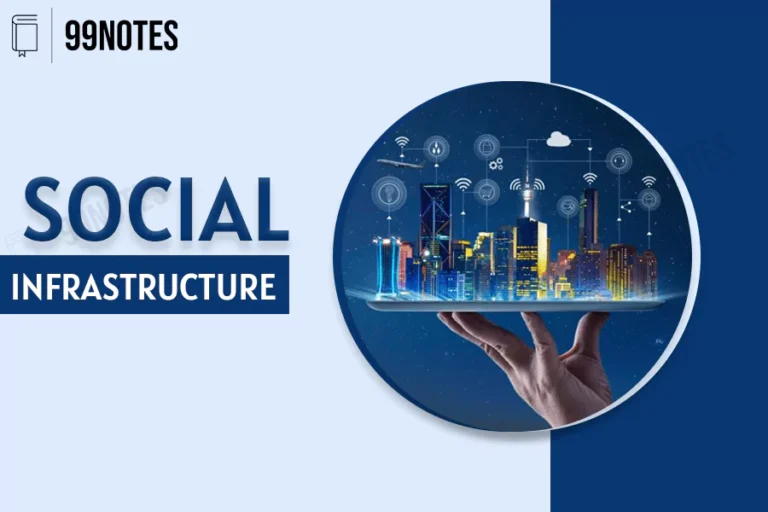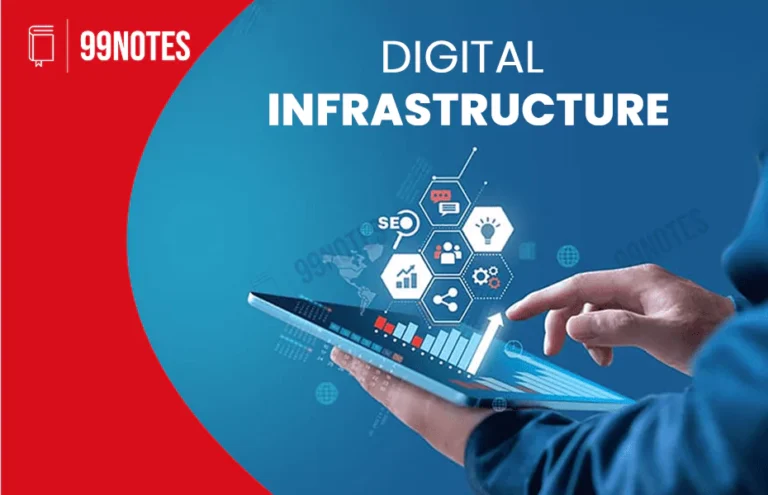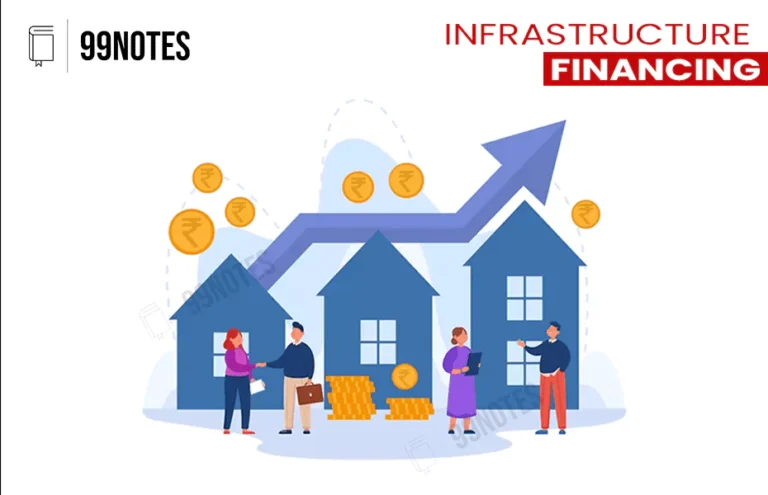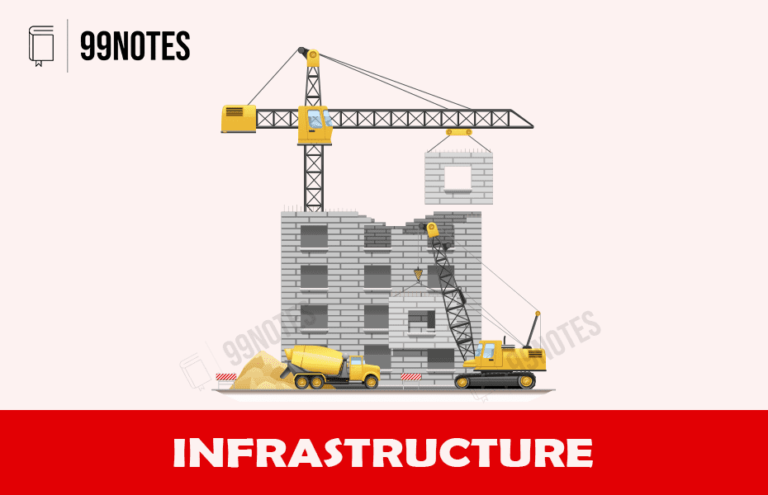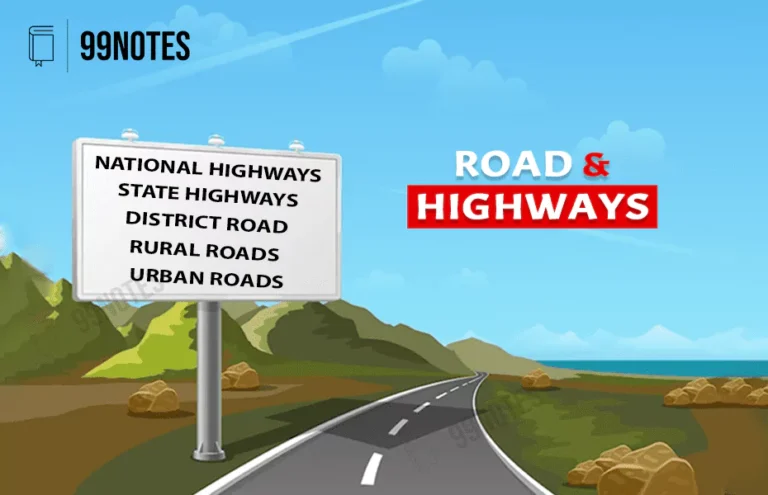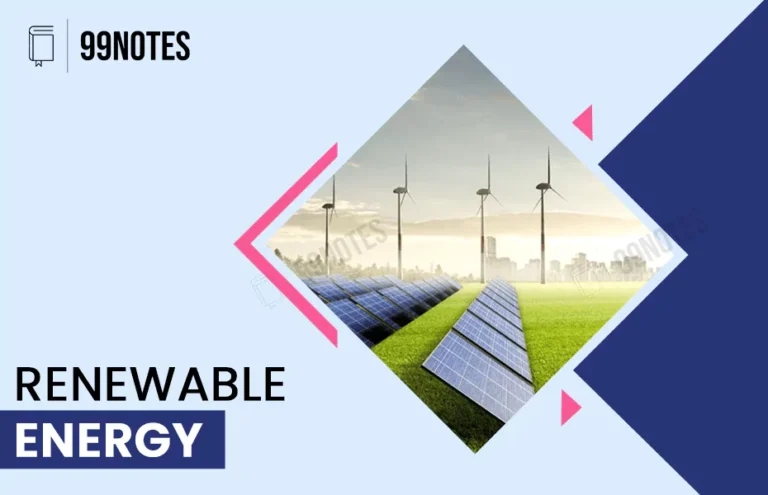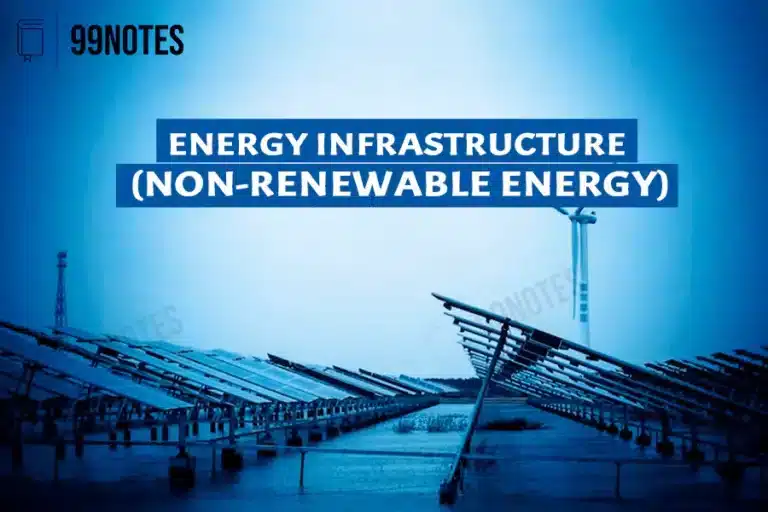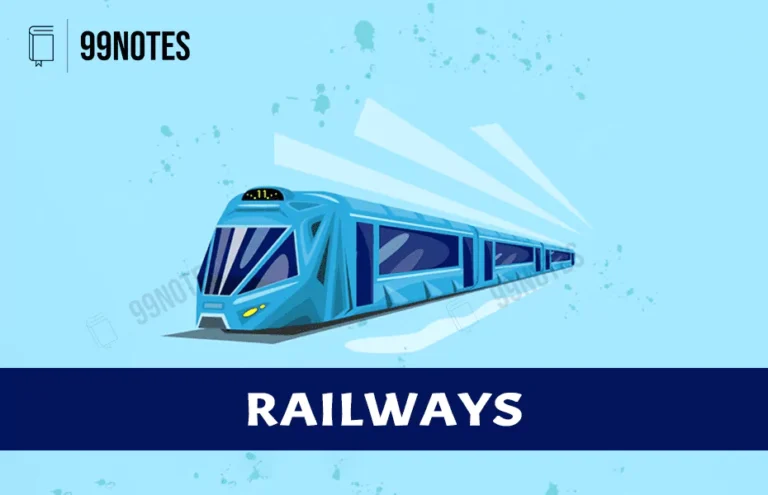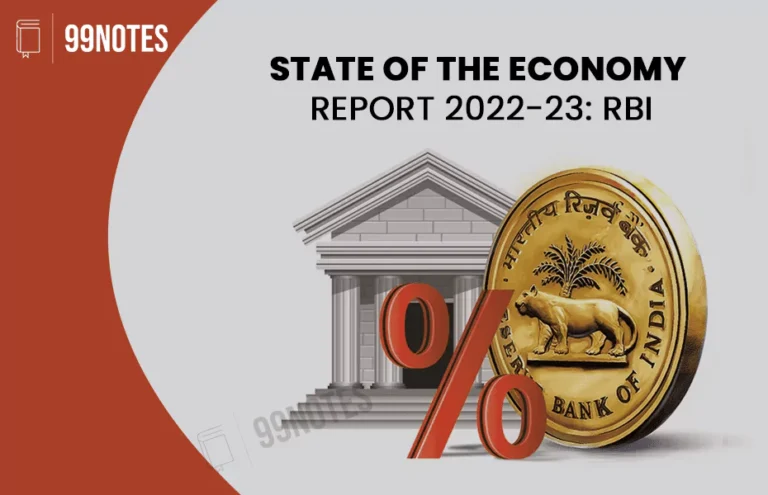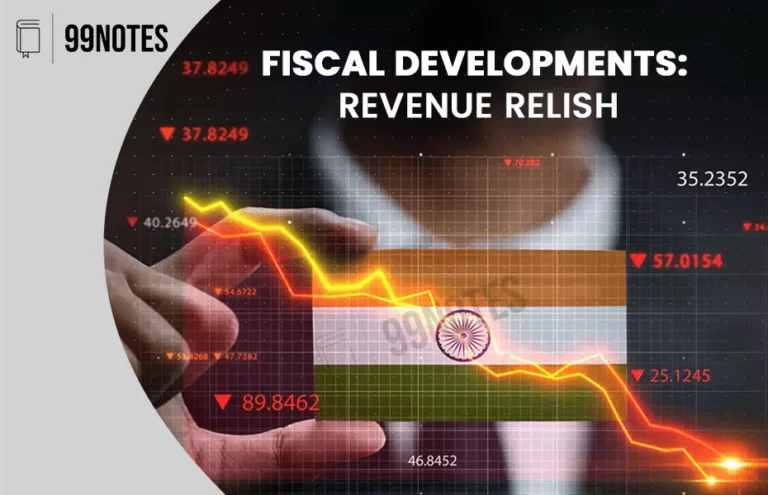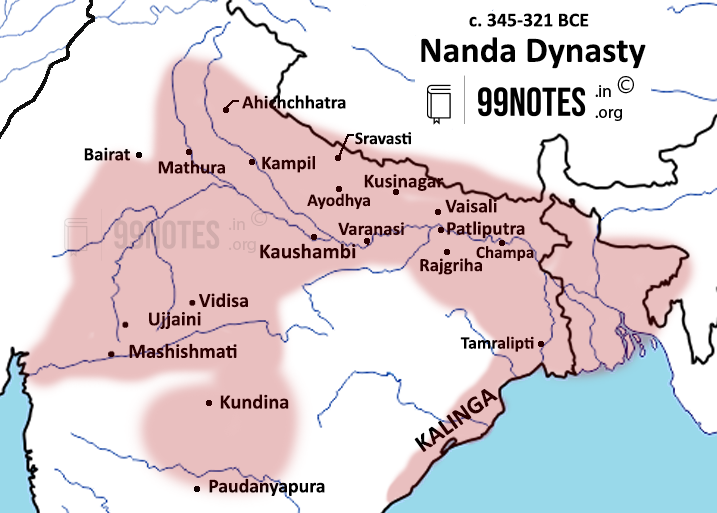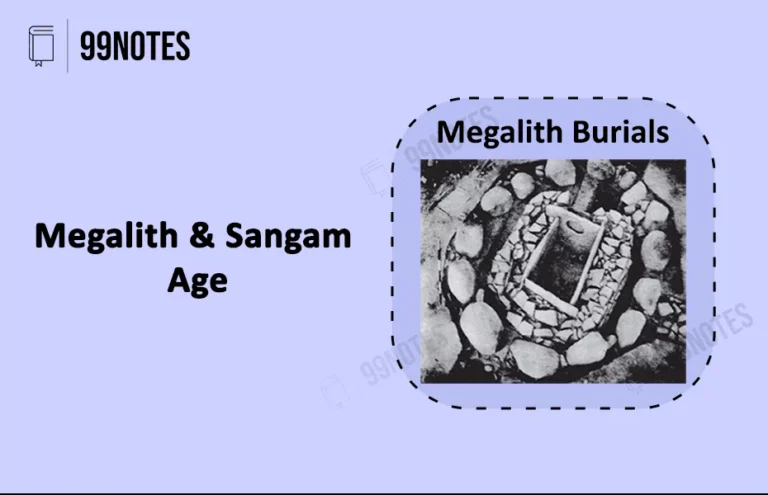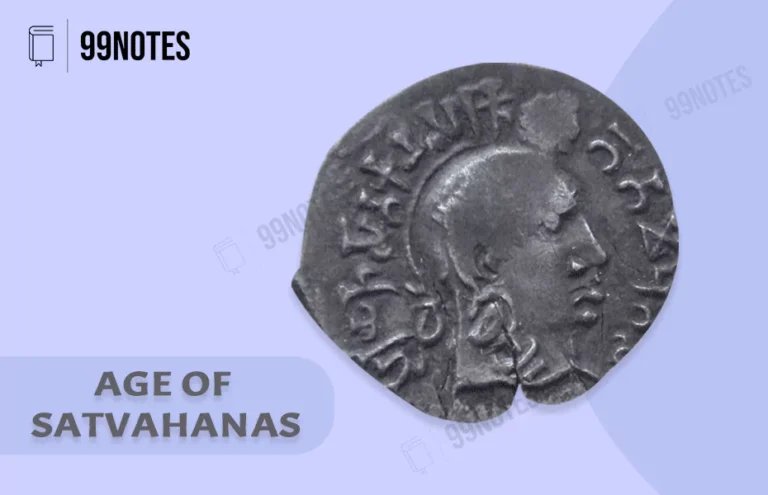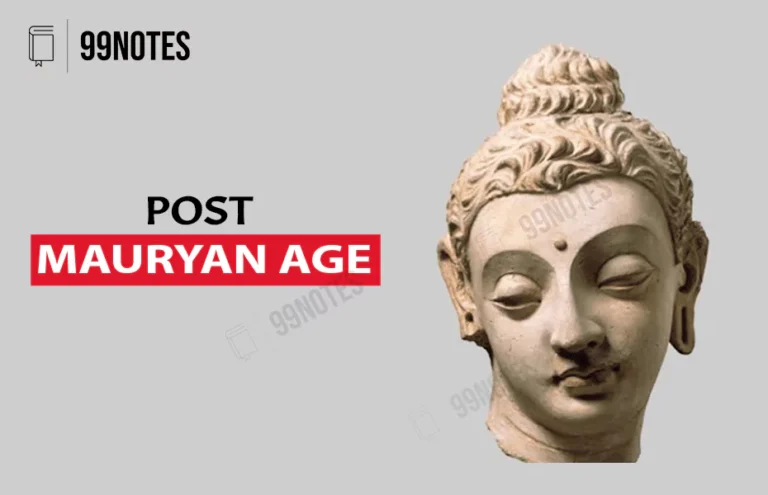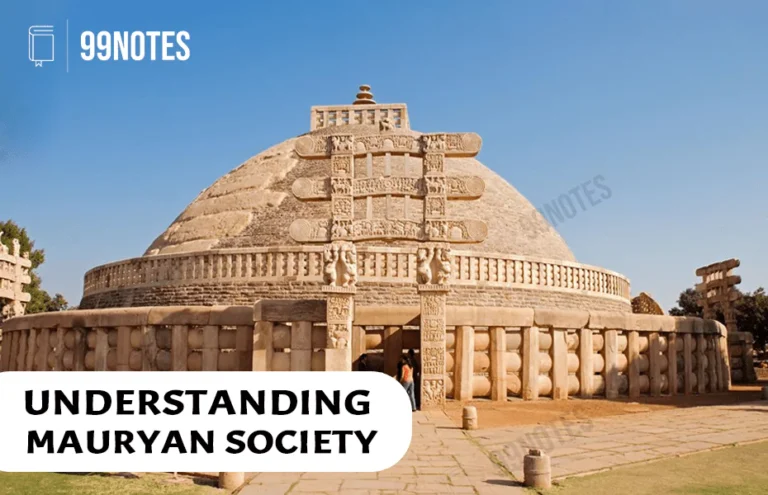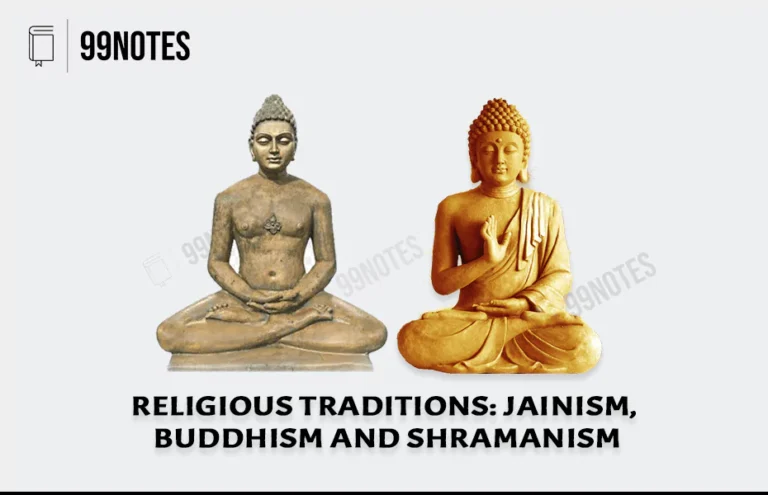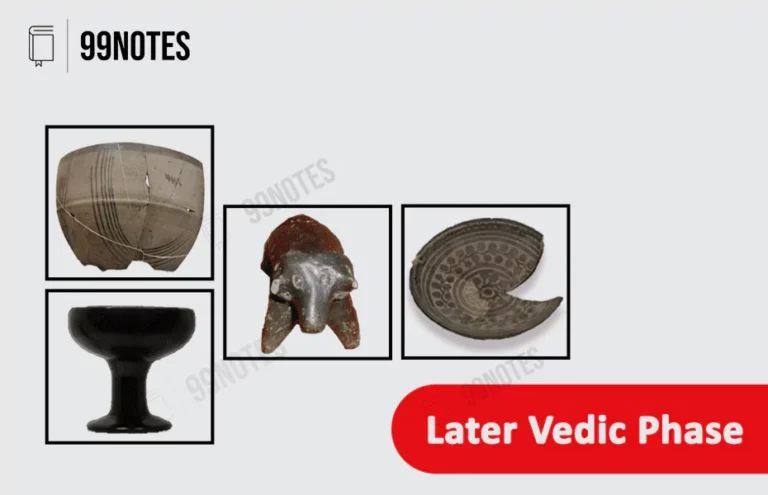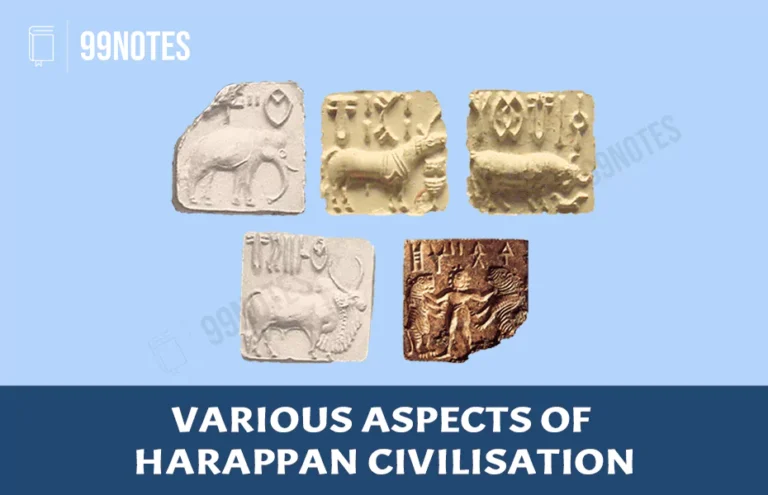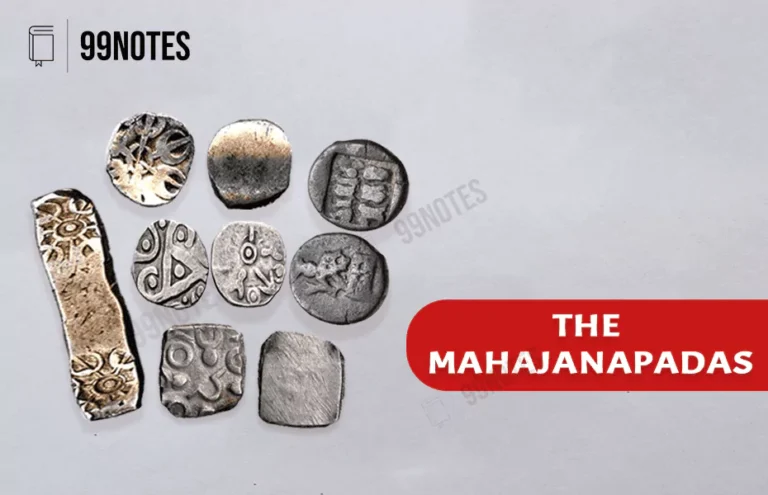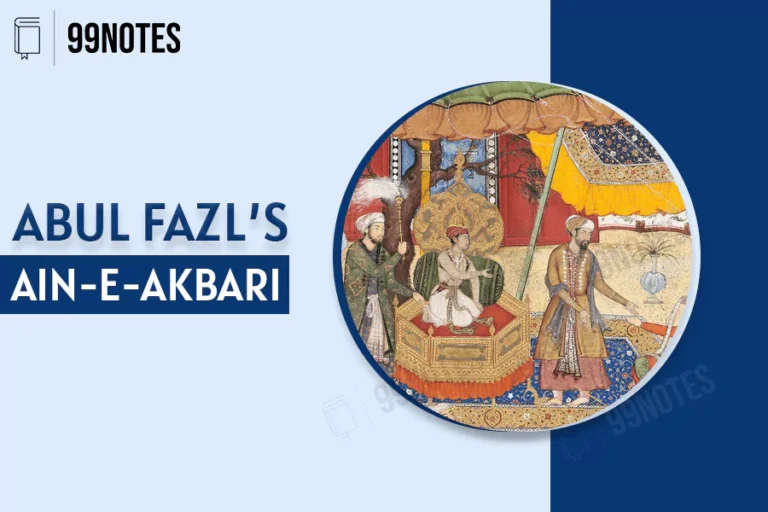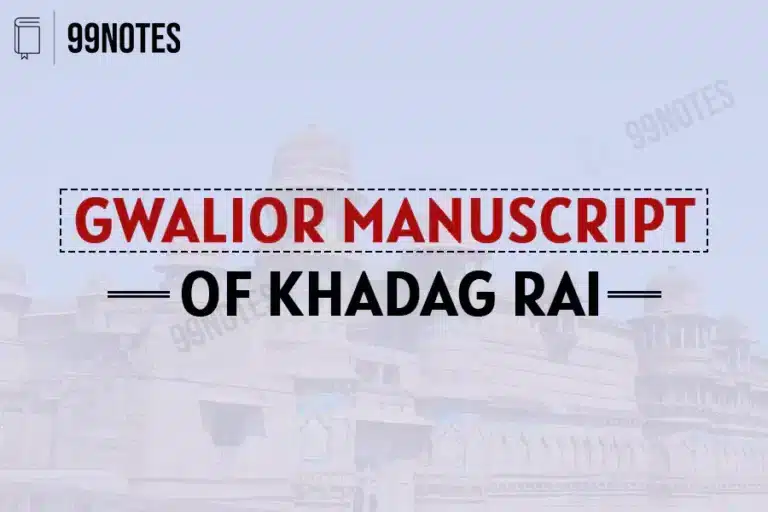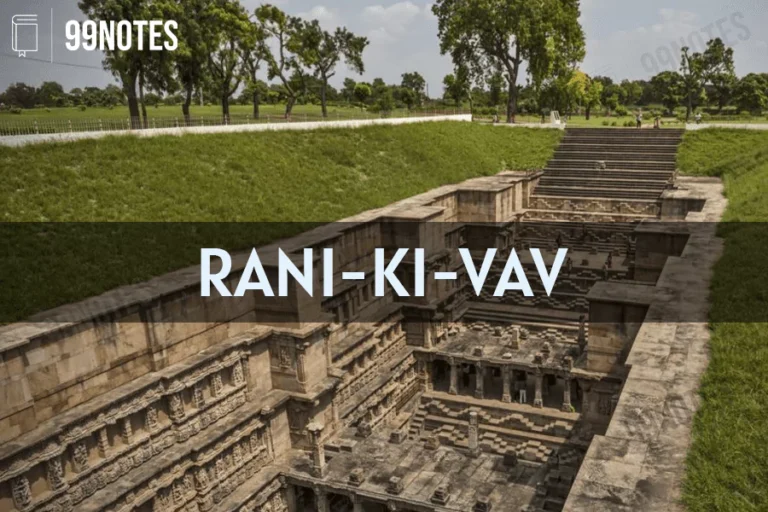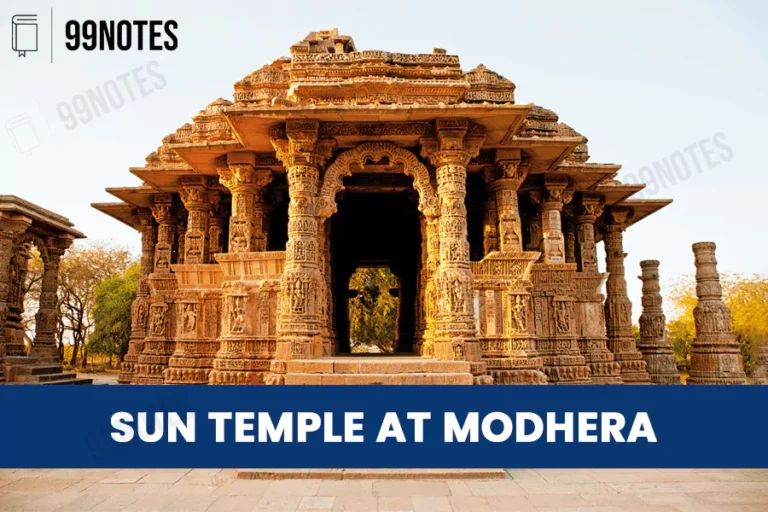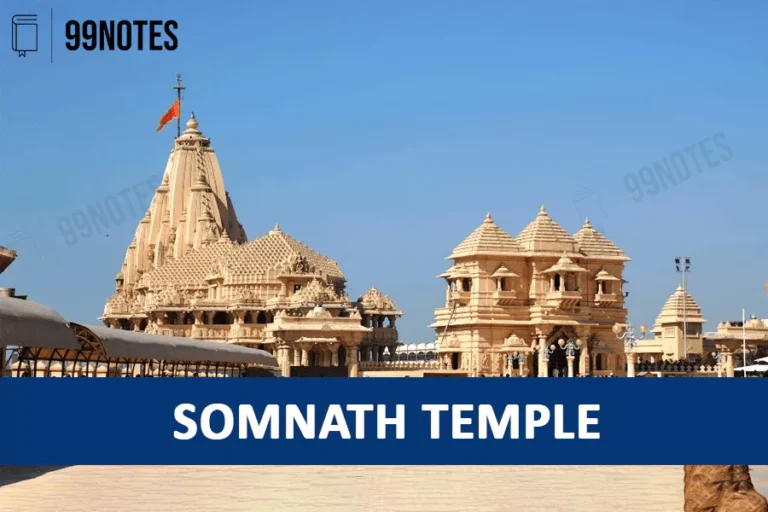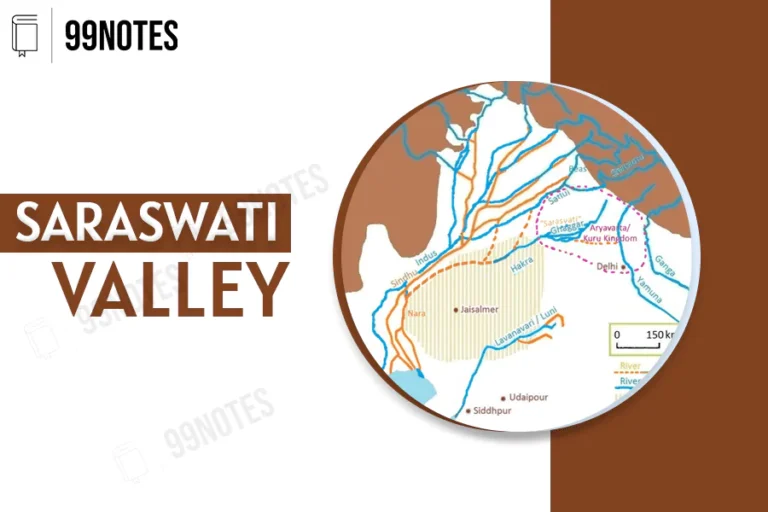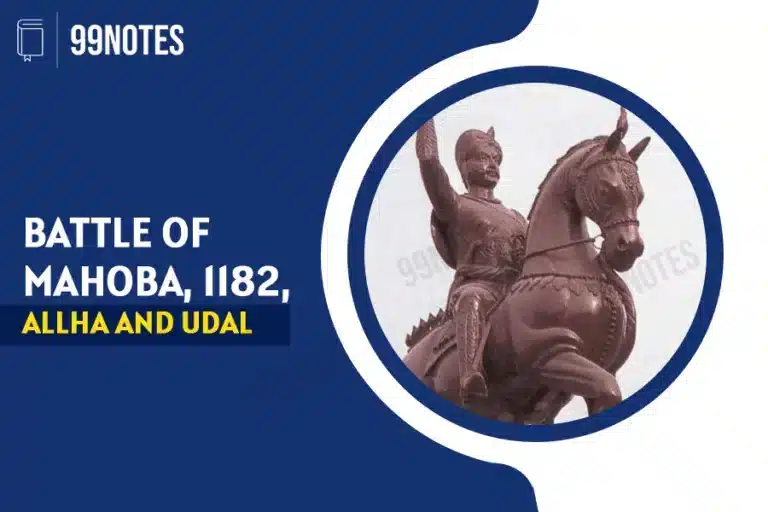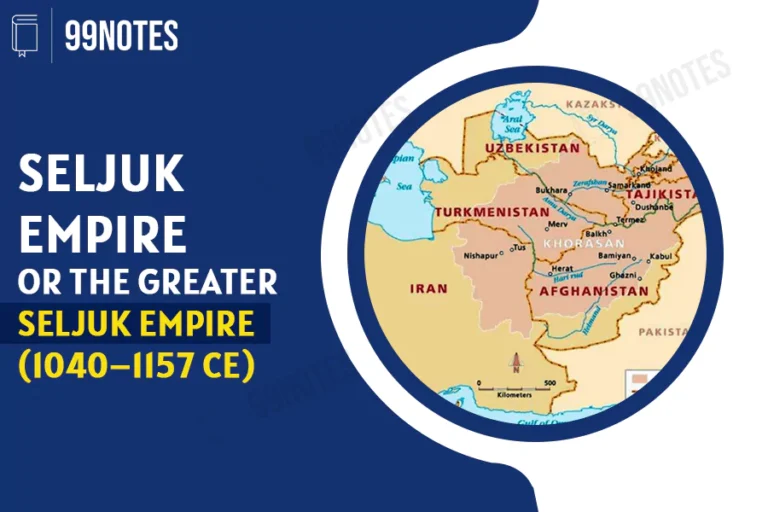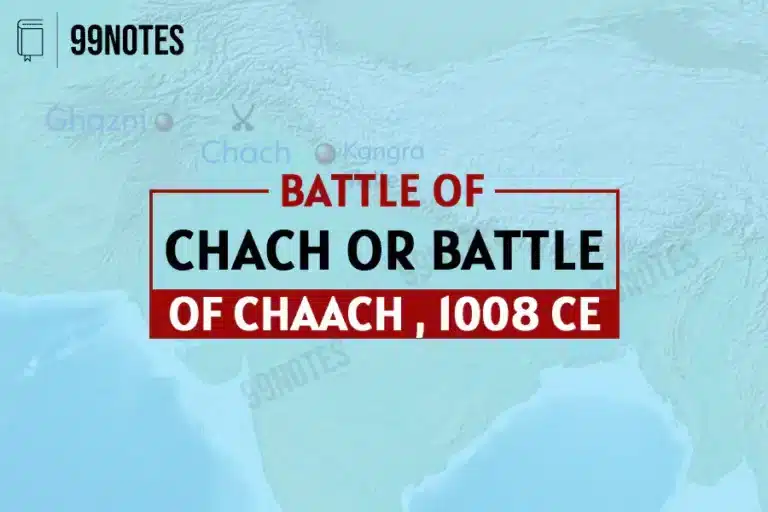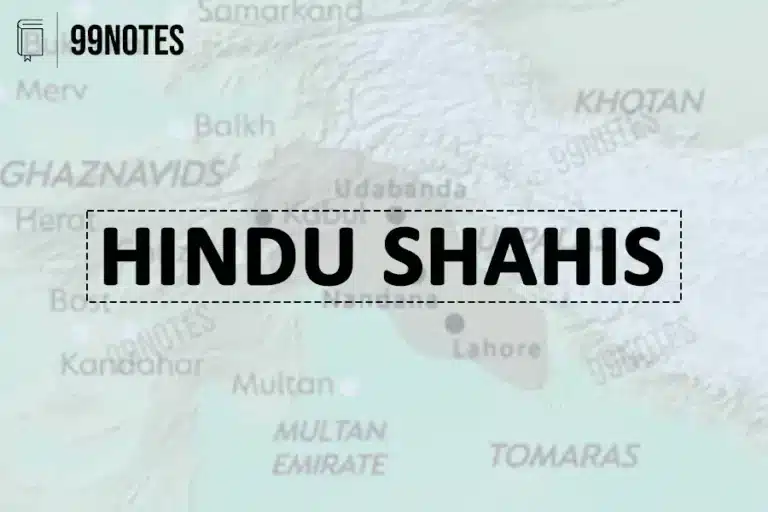Based on the 2024 UPSC Calendar, the highly sought-after Civil Services Exam (CSE) Prelims took place on May 28, 2024. The notification for this exam will release on 14th February, 2024. The Prelims Exam date is set to be held on 26th may 2024 and Mains examination date, as per the UPSC 2024 schedule, is set to commence from September 20, 2024.
- Best IAS Coaching In Delhi | Offers UPSC Classes In Delhi
- UPSC Notes
- Current Affairs UPSC
- Free UPSC Material
- UPSC Exam
- How to Appear for IAS Exam
- Study Material for Free IAS Preparation
- UPSC CSE Exam : Eligibility Criteria
- IFS SALARY – IFS OFFICER SALARY STRUCTURE
- RRB NTPC SALARY- RRB NTPC OFFICER SALARY STRUCTURE
- SSC CGL SALARY – SSC CGL OFFICER SALARY STRUCTURE
- IBPS PO SALARY – IBPS PO OFFICER SALARY STRUCTURE
- KNOW THE UPSC PSIR OPTIONAL SYLLABUS-BEST PSIR OPTIONAL BOOKS AND NOTES BY TOPPERS
- IPS SALARY – IPS OFFICER SALARY STRUCTURE
- IS SELF-PREPARATION ENOUGH TO CLEAR THE IAS EXAM?
- IAS SALARY – IAS OFFICER SALARY STRUCTURE
- 21 TIPS TO OVERCOME DISTRACTIONS WHILE STUDYING
- SOME ANSWER WRITING TIPS FOR THE UPSC MAINS EXAMINATION
- TOP 40 WEIRD QUESTIONS UPSC ASPIRANTS ASK FROM GOOGLE
- LIST OF 10 BEST UPSC COACHING INSTITUTES RECOMMENDED FOR GUARANTEED SUCCESS
- WHAT ARE THE 7 TIPS TO ACE UPSC INTERVIEW
- About 99notes
- Blogs
UPSC Exam 2024: Eligibility Criteria, Pattern, & Syllabus
Know Everything About UPSC IAS Exam Overview, Exam Dates, Notification, Exam Pattern, Eligibility Criteria, Syllabus, Selection Procedure, Admit Card, Preparation Strategy, List of Posts in the UPSC IAS Exam Important Books, Document Required, Importance of PYQ's in UPSC
UPSC Exam 2024 Date
Table of Contents
Toggle- UPSC Exam 2024: Eligibility Criteria, Pattern, & Syllabus
- UPSC Exam 2024 Date
- Important Updates On the UPSC Exam
- UPSC CSE Exam 2024
- UPSC Exam 2024 Calendar Out
- UPSC CSE 2024 Prelims Exam
- UPSC CSE 2023 Preliminary or Prelims Result
- UPSC Mains Exam 2024
- UPSC CSE 2024 Exam Important Dates
- UPSC IAS Interview (Personality Test)
- IAS Salary Configuration
- IAS Vacancy
- UPSC Civil Services Post List
- UPSC IAS Exam has three stages:
- UPSC IAS Exam Dates & Notification 2024
- UPCS IAS Exam Eligibility criteria
- UPSC IAS EXAM PATTERN
- Syllabus of UPSC CSE Exam
- UPSC Exam admit card
- UPSC Exam Preparation strategy
- Group A Services or Central Services
- IMPORTANCE OF PYQ IN THE UPSC EXAM
- Understanding the UPSC Exam: The Gateway to India’s Prestigious Civil Services
- Importance of the UPSC Examination
- Structure of the UPSC Examination
- The Post-UPSC Examination Journey: A Deep Dive into the Structure and Process After Clearing All Three Stages
- UPSC Exam Calendar 2024
- Decoding the UPSC Calendar 2024-2025
- Chronology of Key Events in the UPSC Calendar 2024
- UPSC Eligibility Criteria
- UPSC Online Application Form
- Process of Filling UPSC Online Application Form
- Documents Required for UPSC Exam
- Understanding the Documentation Process for the UPSC Exam: An Essential Guide for Aspiring Civil Servants
- UPSC Admit Card
- UPSC: The Apex Recruitment Body in India
- The UPSC Admit Card: Your Entry Pass to India’s Premier Civil Services Examination
- Significance of the UPSC Admit Card
- What to Do in Case of Discrepancies in the Admit Card?
- UPSC Prelims PYQ Papers
- Mastering the UPSC Examination with Prelims and Mains PYQ Papers: An Aspirant’s Guide
- Unveiling the Power of UPSC Prelims PYQ Papers
- Where to Find UPSC Prelims and Mains PYQ Papers
- The Crucial Role of UPSC Prelims and Mains PYQ Papers
- Introducing 99notes.in: Your Ultimate PYQ Resource
- Harnessing 99notes.in for Effective UPSC Preparation
- For Enquiry
Important Updates On the UPSC Exam
Check the table below to find the most recent information about the UPSC Examination:
Important Updates | Of UPSC Exam | |
Event | Date & Details | |
UPSC Mains Exam 2024 | ———– | (9 A.M. to 12 P.M., Morning Session)
And (2 P.M. to 5 P.M., Afternoon Session) |
UPSC Exam 2024 Calendar | Released on 10th May 2023 | |
UPSC Exam 2024 Prelims | 26th May, 2024 | |
UPSC Exam 2024 Mains | 20th September, 2024 | |
UPSC Exam Prelims 2023 | 28th May, 2023 | |
2023 UPSC Exam Prelims Result Out | 12th June, 2023 | |
UPSC Exam 2022 Final Merit Result | 23th May, 2023 | |
Top AIR in UPSC Exam 2022 | IAS Ishita Kishore | Marks- 1094 |
UPSC Exam 2024 Vacancy | —- Seats | |
UPSC CSE Exam 2024
UPSC CSE Exam 2024 : The Union Public Service Commission (UPSC), generally known as the Civil Services Examination (CSE), administers the UPSC exam once a year. On February 14, 2024, the official UPSC notification for that year will be made public. Candidates must make sure that they submit the UPSC IAS application form on the official website upsc.gov.in before March 5, 2024.
The 2023 UPSC Exam is currently taking place. The UPSC 2024 preliminaries will be scheduled to start on May 26th, while the UPSC 2024 mains are scheduled to begin around September 15 2024. The interview stage and the UPSC 2024 test details will be published in our article as the UPSC 2023 approaches its final stage.
Candidates can check our article UPSC Exam Dates 2024: Know the Notification, Process of Application and Calendar for additional details about the UPSC Exam 2024 and be ready to begin studying for the exam.
UPSC Exam 2024 Calendar Out
UPSC CSE Exam 2024 Calendar: On its official website upsc.gov.in, the Union Public Service Commission (UPSC) just published the UPSC CSE Calendar 2024. Important dates for notifications, online registration, and the exam itself are listed in the UPSC CSE Exam Calendar 2024. The UPSC Exam Date 2024 is set for May 26, 2024, and the UPSC Mains 2024 will start on September 20, 2024, according to the official UPSC Calendar 2024 that was published on May 10, 2023.
This calendar would be a useful tool if you intend to study for the UPSC Exams in 2024. Every year, the UPSC holds three parts of the Civil Services Examination (CSE): the preliminary, main, and interview. To succeed on this extremely difficult exam, you must put in a lot of preparation.
UPSC CSE 2024 Prelims Exam
Two shifts of the UPSC Prelims 2024 will held on May 26. For GS Paper 1, the first shift ran from 9:30 AM to 11:30 AM, and for CSAT (Paper 2), the second shift ran from 2:30 PM to 4:30 PM. Each shift lasted for two hours. Candidates took the General Studies (GS) portion of Paper 1 in the morning session, and the Civil Services Aptitude Test (CSAT) portion in the afternoon session.
The overall amount of difficulty of the UPSC Prelims 2024 question paper has been estimated to be moderate to challenging based on a comparison of past years’ tests.
UPSC CSE 2023 Preliminary or Prelims Result
On June 12, 2023, the Union Public Service Commission (UPSC) released the UPSC Prelims Result 2023. Candidates can view their preliminary UPSC civil services results directly on the official website at upsc.gov.in.
On May 28, 2023, UPSC successfully held the UPSC Prelims for 1255 positions. The outcome is presented in PDF format and that includes both the roll number- along with a name-wise list for positions in the civil service and the Indian Forest Service (IFoS).
UPSC Mains Exam 2024
Commencing around September 20, 2024, is the date the UPSC Mains Exam 2024 will be held. Candidates who passed the IAS Preliminary Exam or Prelims are allowed to take the UPSC Mains. To take the UPSC Mains Exam, they must complete the DAF-I (Detailed Application Form-I). The dates for the IAS Interview in 2024 have not yet been announced. Candidates must monitor if any changes happen to the interview schedule.
UPSC CSE 2024 Exam Important Dates
Alongside the UPSC Calendar 2024, the exam dates for the UPSC 2024 are also made public. The UPSC 2024 preliminary test has been scheduled for May 16, 2024, while the 7-day UPSC 2024 main exam will start on September 20, 2024.
On February 14, 2024, the UPSC 2024 Notification has been scheduled for release. Be mindful to record this date if you plan to apply for the UPSC CSE exam. Up until March 5, 2024, the UPSC IAS 2024 application form will be accessible on the official UPSC website upsc.gov.in.
UPSC 2024 Exam | Important Dates |
The Events | The Dates |
UPSC CSE Exam Calendar 2024 | 10th May 2023 |
UPSC CSE Exam 2024 Notification | 14th February 2024 |
UPSC CSE Exam 2024 Application Form | 14th February to 5th March 2024 |
UPSC CSE Exam 2024 Admit Card | Not Announced |
UPSC CSE Exam 2024 Prelims | 26th May 2024 |
UPSC CSE Exam 2024 Mains | 20th September 2024 |
UPSC IAS Interview (Personality Test)
The final round of the IAS exam, the Personality Test or Interview round conducted by the UPSC Board Members, is open for candidates who passed the UPSC Mains exam stage with the required cut-off marks.
Those who meet the requirements for this stage will get an e-summon from the Commission to meet with the board members in person. The board assesses the candidates’ personality qualities during the interview and inquires about their interests, current events, general knowledge, and situational questions. The IAS interview procedure stands for 30 minutes and is held for 275 marks out of 2025 marks.
IAS Salary Configuration
The aspirants join the Civil Service correspondence to serve the nation and government of India along with an attractive stipend. As per the current modifications by the government, the salary of an IAS officer will be determined as per the 7th Central Pay Commission or CPC. Earlier, the pay grade for Civil Service was used to decide the salary of an IAS. Lately, the salary structure has included basic pay, perks and allowances like DA (Dearness Allowance), HRA (House Rent Allowance) and TA (Travel Allowance ).
An IAS official receives a base pay of Rs. 56100.IAS officer’s salary during the training is 30000 -36000 which depends on the deduction. After 10 years of service, it goes from 78,800 per month to 12 lahks per annum. The highest salary of an IAS officer is 2,50,000.
Also Read: IAS Salary in 2024: IAS Officer Basic Salary Structure With Allowances and Facilities Based On 7th Pay Commission
IAS Vacancy
The UPSC CSE IAS vacancy is 1105 in 2023 which is the highest number of civil service vacancies in the last 7 years, declared openly by the Union Public Service Commission.
The numeral vacancies will be replenished with the UPSC IAS exam. Out of the 1105 seats, 37 vacancies are in the reservation for persons with Disability category. The previous year’s vaccines were – 1011 in the year 2022 and in 2021 it was 712. The 2024 vacancy is still not announced.
UPSC Civil Services Post List
To fill 24 distinct UPSC Posts for various Civil Services, the Union Public Service Commission (UPSC) holds the Civil Service Examination (CSE). Only a small number of the thousands of applicants who show up for the test accomplish it.
The Indian Administrative Services (IAS), Indian Police Services (IPS), Indian Revenue Services (IRS), and Indian Foreign Services (IFS) are the four highest-demanding posts out of the 24 posts of Civil Services. These services are very appreciated and draw an extensive amount of applicants each year.
Candidates who pass the UPSC CSE may hold the following positions:
- Indian Administrative Service(IAS)
- Indian Police Service (IPS)
- Indian Forest Service(IFoS)
- Indian Foreign Service (IFS)
- Indian Information Services (IIS)
- Indian Post Service (IPoS)
- Indian Revenue Service (IRS)
- Indian Trade Service(ITS)
- Railway Protection Force (RPF)
- Pondicherry Civil Service(PCS)
- Pondicherry Police Service(PPS)
- Delhi, Andaman and Nicobar Islands Civil Services (DANICS)
- Delhi, Andaman and Nicobar Islands, Lakshadweep, Daman Diu, Dadar Nagar Haveli Police Service (DANIPS)
- Indian Audit & Accounts Service(IAAS)
- Indian Civil Accounts Service (ICSA)
- Indian Corporate Law Service(ICLS)
- Indian Defense Estate Service(IDES)
- Indian Defense Accounts Service(IDAS)
- Indian Ordinance Factories Service(IOFS)
- Indian Communication Finance Service(ICFS)
- Indian Railway Accounts Service(IRAS)
- Indian Railway Personnel Service(IRPS)
- Indian Railway Traffic Service(IRTS)
- Armed Forces Headquarters Civil Services (AFHCS).
The UPSC is a constitutional body that conducts various exams to select candidates for various posts .The UPSC-CSE exam is supposed to be one of the toughest exams in the world. It is conducted annually to select candidates for various administrative and executive position in the Indian Civil services, such as IAS, IFS, IPS.
For more details on UPSC IAS EXAM, refer to the linked article.
The UPSC IAS Examination is a highly competitive exam, and candidates must be well -prepared in order to succeed in this exam.
UPSC IAS Exam has three stages:
- UPSC IAS Exam preliminary stage
- UPSC IAS Exam Mains stage
- UPSC IAS Exam Interview stage
UPSC IAS Exam Dates & Notification 2024
The UPSC IAS Exam 2024 exam calendar was published on May 10, 2023. The Union Public Service Commission generally publishes the UPSC Notification in February. Aspirants must note that the UPSC 2024 exam notification will be released on 14 February 2024, and the Prelims exam is scheduled for 26 May 2024.
The UPSC notification comprises all important information related to exam dates, posts, vacancies, eligibility criteria, age relaxation, application form, the process of filling out the application form, exam centres, exam pattern, syllabus, etc.
Candidates can download the previous year’s UPSC notification for their reference and can gear up the exam preparation early to score well in the exam.
UPSC will release the 2024 vacancy details and the official Notification. Candidates must note that lakhs of candidates applied for the 2023 Civil Services exam, which had a provision of 1105 vacancies. Candidates must now have an idea about the competition involved in the exam. For detailed information on UPSC vacancies, candidates can refer to the official notification of the respective exam.
UPCS IAS Exam Eligibility criteria
The UPSC Exam eligibility criteria to appear for IAS examination have multiple component which together determine the eligibility of the candidates for the UPSC IAS Exam .The different component of UPSC IAS Exam eligibility are mentioned below:
- Nationality
- Age limit
- Education Qualification
- UPSC IAS Exam attempt limit
- Medical standard
| NATIONALITY | To appear for the UPSC IAS Exam you need to be :
Or the east African countries of Kenya, Uganda, united republic of Tanzania, Zambia, Malawi, Zaire, and Ethiopia. |
| AGE LIMIT AND ATTEMPTS |
|
| EDUCATIONAL QUALIFICATION | A candidate must hold a graduate degree from one of the Indian universities established by an act of the national or state legislature. Candidates who are in their final year of college or Who are awaiting results may also apply to take the UPSC IAS Exam. |
| MEDICAL STANDARD | The UPSC IAS Exam Medical Test is an integral part of the selection process for aspiring IAS officers. It is designed to evaluate the physical and mental fitness of candidates to ensure they meet the necessary health standards required for the demanding responsibilities of an IAS Medical |
UPSC IAS Exam pattern is:
- Stage 1 :Preliminary Examination (UPSC IAS Prelims)
- Stage 2 : Mains Examination ( UPSC IAS Mains)
- Stage 3: Personality Test (UPSC IAS interview)
Stage 1: Preliminary Examination
| SI.NO. | Name of the paper | Nature of the paper | DurationOf the Exam | Number of Questions | Marks |
|---|---|---|---|---|---|
| 1 | UPSC IAS Exam paper-1: General studies | Based on merit basis | 2 hours | 100 | 200 |
| 2 | UPSC IAS Exam paper-2: General studies ( CSAT) | Qualify in nature | 2 hours | 80 | 200 |
- The questions in the UPSC IAS Exam (Prelims) are of the objective type.
- There is a negative Marking in the UPSC IAS Exam for each incorrect answer only in the prelims stages .The negative marking will be 1/3rd i.e,0.66 mark.
- The GS Paper 2 (CSAT) in the UPSC IAS Exam is qualified in nature and candidates should score a minimum of 33% in this paper to qualify for the next stage of the UPSC IAS Mains Exam.
Stage 2: Mains Examination.
Qualifying papers
| Paper A | One of the languages of India to be selected by the candidate from the languages included in the Eighth schedule to the Indian constitution. | 300 marks |
Paper B | English | 300 Marks |
Papers counted for Merit list
| Paper 1 | Essay | 250 Marks |
| Paper 2 | General Studies- I Indian Heritage and culture, History and Geography of the world and society | 250 Marks |
| Paper 3 | General Studies – II Governance , constitution ,polity ,Social justice and International relation | 250 Marks |
| Paper 4 | General Studies – III Science and technology , Economic Development , Bio- diversity, Environment, Security and Disaster Management | 250 Marks |
| Paper 5 | General Studies – Ethics , Integrity and Aptitude | 250 Marks
|
| Paper 6 | Optional Subject- Paper 1 | 250 Marks |
| Paper 7 | Optional Subject – Paper 2 | 250 Marks |
SUBTOTAL (WRITTEN MARKS) IS 1750
Stage 3: Personality Test. UPSC IAS Exam Personality test is the last and final stage of civil services Examination. The Personality Test is not a test of knowledge, it is a test to check your innate personality. The process of the UPSC IAS Interview exam lasts for about 30 minutes, it carries 275 Marks out of the total 2025 Marks .
This half an hour process can change your life entirely and fulfil your dream of becoming a civil servant for society. The main objective of conducting an interview is to determine suitability of the candidate’s potential in administrative skills. No defined syllabus, unlike prelims and mains exams.
Aspirants should not wait for the results of the mains examination to start their preparation for the interview. Students should start working on their personality as soon as possible.
Preparation for UPSC IAS interview should be comprehensive ,topics such as Optional subject chosen for mains ,educational background, place of residence ,a reason to become an IAS /IPS officer, content written in the Detailed Application Form and current affairs related to UPSC IAS Exam should be prepared thoroughly.
Syllabus of UPSC CSE Exam
Prelims syllabus
- History of India and the Indian National Movement.
- Current Affairs (Events) of National and International importance.
- Indian and World Geography – Social, Physical, and Economic Geography of India & World.
- Economic and Social Development – Poverty. …
- Indian Polity and Governance.
- General Science.
Mains syllabus
GENERAL STUDIES PAPER 1
- Indian Culture – Salient aspects of Art Forms, Literature and Architecture from ancient to modern times.
- Modern Indian History from about the middle of the eighteenth century until the present- significant events, personalities, issues.
- The Freedom Struggle — its various stages and important contributors/contributions from different parts of the country.
- Post-independence Consolidation and Reorganization within the country.
- History of the World will include events from 18th century such as Industrial Revolution, world wars, Redraw of National Boundaries, Colonization, Decolonization, political philosophies like Communism, Capitalism, Socialism etc.— their forms and effect on the society.
- Salient features of Indian Society, Diversity of India.
- Role of Women and Women’s Organization, Population and Associated Issues, Poverty and Developmental issues, Urbanization, their problems and their remedies.
- Effects of Globalization on Indian society.
- Social Empowerment, Communalism, Regionalism & Secularism.
- Salient features of World’s Physical Geography.
- Distribution of Key Natural Resources across the world (including South Asia and the Indian sub-continent); factors responsible for the location of primary, secondary, and tertiary sector industries in various parts of the world (including India).
- Important Geophysical Phenomena such as earthquakes, Tsunami, Volcanic activity, cyclones etc., geographical features and their location-changes in critical geographical features (including water-bodies and ice-caps) and in flora and fauna and the effects of such changes.
GENERAL STUDIES PAPER 2
Indian constitution
- historical underpinnings,
- evolution, features
- amendments, significant provisions
- basic structure doctrine
- Comparison of the Indian constitutional scheme with that of other countries
- Functions and responsibilities of the Union and the States, issues and challenges pertaining to the federal structure, devolution of powers and finances up to local levels and challenges therein.
- Separation of powers between various organs, dispute redressal mechanisms and institutions
- Structure, organisation and functioning of the Executive and the Judiciary
- Parliament and State Legislatures
- structure, functioning
- conduct of business
- powers & privileges and issues arising out of these
- Ministries and Departments of the Government; pressure groups and formal/informal associations and their role in the Polity.
- Salient features of the Representation of People’s Act
- Appointment to various Constitutional posts, powers, functions and responsibilities of various Constitutional Bodies.
- Statutory, regulatory and various quasi-judicial bodies.
- Government policies and interventions aimed at development in various sectors and issues arising out of their design and implementation.
- Development processes and the development industry – the role of NGOs, Self Help Group, various groups and associations, institutional and other stakeholders.
- Welfare schemes for vulnerable sections of the population by the Centre and the States and the performance of these schemes; mechanisms, laws, institutions and Bodies constituted for the protection and betterment of these vulnerable sections.
- Issues relating to development and management of Social Sector/Services relating to Health, Education, Human Resources
- Issues relating to poverty and hunger
- Important aspects of governance, transparency and accountability, e-governance- applications, models, successes, limitations, and potential; citizens charters, transparency & accountability and institutional and other measures
- Role of civil services in a democracy
International relation
- India and its neighbourhood – International relations
- Bilateral, regional and global groupings and agreements involving India and/or affecting the Indian interests
- Effect of policies and politics of developed and developing countries on India’s interests, Indian diaspora.
- Important International institutions, agencies, their structure and mandates
GENERAL STUDIES PAPER 3
Economy
- Indian Economy and issues relating to planning, mobilisation of resources, growth, development and employment.
- Government Budgeting.
- Inclusive growth and associated issues/challenges
- Effects of liberalisation on the economy (post 1991 changes), changes in industrial policy and their effects on industrial growth.
- Infrastructure – Energy, Ports, Roads, Airports, Railways etc.
- Investment models (PPP etc.)
Agriculture
- Major cropping patterns in various parts of the country, different types of irrigation and irrigation systems storage, transport and marketing of agricultural produce and issues and related constraints; e-technology in the aid of farmers
- Economics of animal rearing.
- Food processing and related industries in India – scope and significance, location, upstream and downstream requirements, supply chain management.
- Issues related to direct and indirect farm subsidies and minimum support prices; Public Distribution System objectives, functioning, limitations, revamping; issues of buffer stocks and food security; Technology missions
- Land reforms in India.
Science and Technology
- Recent developments and their applications and effects in everyday life
- Achievements of Indians in science & technology.
- Indigenisation of technology and developing new technology.
- General awareness in the fields of IT, Space, Computers, Robotics, Nanotechnology, bio-technology
- Issues relating to intellectual property rights
Environment
- Conservation,
- Environmental pollution and degradation
- Environmental impact assessment
- Disaster Management (Laws, Acts etc.)
Security
- Challenges to internal security (external state and non-state actors)
- Linkages between development and spread of extremism.
- Challenges to internal security through communication networks, role of media and social networking sites in internal security challenges,
- Basics of cyber security; money-laundering and its prevention.
- Security challenges and their management in border areas; linkages of organised crime with terrorism.
- Various Security forces and agencies and their mandates.
GENERAL STUDIES PAPER 4
Ethics and Human Interface
- Essence of Ethics, Determinants and Consequences of Ethics in Human Interaction
- Dimensions of Ethics
- Ethics in private and public relationships
- Human Values – lessons from the lives and teachings of great leaders, reformers and administrators
- Role of family, society and educational institutions in inculcating moral and ethical values
Attitude
- Content, structure and function of attitude
- Influence of attitude in thought and behaviour
- Relation of attitude to thought and behaviour
- Moral and Political attitudes
- Social influence and persuasion
Aptitude
- Aptitude and foundational values of Civil Service
- Integrity
- Impartiality and non-partisanship
- Objectivity
- Dedication to public service
- Empathy, tolerance and compassion towards the weaker sections of the society
Emotional Intelligence
- Concepts of emotional intelligence
- Utility and application of emotional intelligence in administration and governance
- Contributions of Thinkers and Philosophers
- Contributions of moral thinkers and philosophers from India and the world to the concepts of morality
- Public/Civil Service Values and Ethics in Public Administration
- Status and associated problems
- Ethical concerns and dilemmas in government and private institutions
- Laws, rules, regulations and conscience as sources of ethical guidance
- Accountability and ethical governance
- Strengthening of ethical and moral values in governance
- Ethical Issues in international relations and funding
- Corporate governance
Probity in Governance
- Concept of public service
- The philosophical basis of governance and probity
- Information sharing and transparency in government
- Right to Information
- Codes of ethics
- Codes of Conduct
- Citizen’s Charters
- Work culture
- Quality of service delivery
- Utilization of public funds
- Challenges of corruption
UPSC Exam admit card
The UPSC Exam admit card is an important document that helps candidates gain entry into the examination centre for their UPSC exams.
The details mentioned on the UPSC admit card include the candidate’s name, roll number and other basic details such as the candidate’s date of birth and their photograph. The admit card also contains important information regarding the date and time of the UPSC Exam.
In addition to this, the admit card also has certain instructions that are to be followed by the candidates on the day of the examination. These may include details such as what to carry to the examination centre, what not to bring, and other general instructions on how to approach the UPSC Exam
- Name of the candidate
- Roll number
- Father & Mother’s name
- Photo ID Number
- Gender
- Date of Birth of the candidate
- Exam date and time
- Category (UR/OBC/ST/SC/PwD)
- Exam center code, and address
- Examination name
- Reporting time
- Important instructions
The UPSC Exam admit card is a crucial document that must be carried by all candidates appearing for the UPSC examinations. Any discrepancies in the details mentioned on the admit card must be resolved well before the examination date. It is therefore important for candidates to thoroughly check the details mentioned on their admit card and ensure that everything is in order before appearing for the UPSC IAS Exam .
UPSC Exam Preparation strategy
“The essence of strategy is choosing what not to do.” — Michael E. Porter
Success in this examination depends on making the right decisions at the right times. Right Strategy and guidance play a very important role in the selection. A strategy is like a make or break factor that will determine your chances of selection in the IAS examination.
- Syllabus: The first and foremost step is to thoroughly know the UPSC CSE Exam syllabus. Aspirants should mug up the entire syllabus. Clarity of the nature and scope of the syllabus will help in understanding what to read and what not to read. The questions asked in the exam are always within the syllabus and hence keeping a close eye on the syllabus is fundamental.
- Reading NCERTs: As a beginner of UPSC Exam preparation, your foremost priority should be to finish the NCERTs first. NCERTs will help you to develop your basic knowledge and understanding of various issues related to different subjects. NCERTs provide the base for your UPSC preparation.
- Reading Daily Newspaper: The newspaper is The hindu Analysis , Indian express News Analysis . One should read at least one newspaper daily to develop a very basic understanding of the day-to-day happenings around the globe and continuously improve this knowledge by interlinking these topics in answer writing. With the increasing weight of current affairs questions in prelims every year, regular newspaper reading gives you an upper hand in both papers. It will help you stay updated with current affairs.
- Previous Years’ Questions: Aspirants must go through the previous years’ question papers thoroughly to get a clear understanding of the examination pattern. It will help in getting a better perspective of the types of questions asked and identifying the best sources for preparation.
- Practice mock tests: For prelims, practicing mock tests and for mains daily answer writing practice is very important. One should join a good test series for regular practice of the complete series to cover the whole syllabus. These mock tests not only help in preparing for the exam but also help in learning time management.
- Choose your optional wisely: Choosing the correct Optional Subject for clearing this exam is very important. You should choose your optional very carefully taking into account your educational background, familiarity and interest in the subject, syllabus, availability of good resources, and coaching classes.
- Discipline is a key to success: Staying disciplined with your studies and timetable is very crucial for success. Discipline is like taking homeopathic medicine. It will take time to produce the results and while following you are going to face the pain and irritation but as the time progresses you will see different changes inside you. These changes will be an integral part of your personality gradually.
- Gain experience not shared in books: Experience is a very expensive asset, yet it’s crucial for your UPSC CSE Exam preparation strategy. Apart from reading books, listen to useful programs like RSTV debates, take a trip to a rural area, understand how basic functionaries work, interact with as many people as you can from different socio-cultural backgrounds to enrich your experience. Explore the questions that you confront on a day to day basis. This will make your answers unique.
- Health First:Last but not the least; you should take proper care of your health. UPSC exam is the game of mind over matter. Your mental health is as important as your physical health. Try following an exercise regime like doing yoga, playing some sports, and even meditating. This will help you to avoid burnout and keep you focused on your studies.
List of Posts in UPSC CSE Exam After clearing civil service exam
All India Services:
- Indian Administrative Service
- Indian Foreign Service
- Indian Police Service
Group A Services or Central Services
- Indian Audit and Accounts Service
- Indian Civil Accounts Service
- Indian Corporate Law Service
- Indian Defence Accounts Service
- Indian Defence Estates Service
- Indian Information Service, Junior Grade
- Indian Postal Service, Group
- Indian P&T Accounts and Finance Service
- Indian Railway Protection Force Service
- Indian Revenue Service (Customs & Indirect Taxes)
- Indian Revenue Service (Income Tax)
- Indian Trade Service
Group B services or State services
- Armed Forces Headquarters
- Delhi, Andaman, and the Nicobar Islands, Lakshadweep, Daman & Diu, and Dadra & Nagar Haveli Civil Service (DANICS)
- Delhi, Andaman, and the Nicobar Islands, Lakshadweep, Daman & Diu, and Dadra & Nagar Haveli Police Service (DANIPS).
- Pondicherry Civil Service (PONDICS)
UPSC CSE Exam important books
HISTORY
- NCERT 11th Ancient and Medieval
- NCERT 12th Modern Indian History
- Indian Art & Culture by Nitin Singhania
- India’s Struggle for Independence – Bipan Chandra
GEOGRAPHY
- NCERT VI-X Old Syllabus
- NCERT XI, XII New Syllabus
- World Atlas (Orient Black Swan)
- Certificate Physical Geography – G C Leong
INDIAN POLITY
- NCERT IX-XII
- Indian Polity – M Laxmikanth
- NCERT XI
INTERNATIONAL RELATION
- Current Affairs
- NCERT XII (Contemporary World Politics)
CSAT
- Tata McGraw Hill CSAT Manual
- Verbal & Non-Verbal Reasoning by R S Aggarwal
DOCUMENTS REQUIRED FOR UPSC IAS EXAM
- An Active Email ID
- A valid mobile number
- Banking details
- Class X Marksheet
- Class XII Marksheet
- Graduation Marksheet
- A medical certificate, if required
- Category certificate, if required
- Scanned Photograph
- Scanned Signature
Now let us understand the documents required for UPSC IAS prelims,
- A scanned photograph of the applicant
- A scanned signature of the applicant
- Government-issued Photo-id card – It includes Voter Card/PAN Card/Passport/Driving Licence/Aadhaar Card.
IMPORTANCE OF PYQ IN THE UPSC EXAM
The Prelims stage is about the MCQs. Generally, it is believed that UPSC doesn’t repeat the questions. But this is only half true. UPSC does not ad verbatim repeats the question, but most of its new questions are inspired from the PYQs.
- In the 2020 Prelims exam, the UPSC went a step further and ad verbatim repeated three PYQs.
- The tendency to repeat varies across the subjects. Static subjects like Polity and History have very limited new developments.
- One should revise all the PYQs of these subjects for at least the past 10 years.
- Subjects like Geography which are static but from 2013 onwards are having a bigger component of mapping, should also be covered as these may make a comeback anytime.
- PYQs also helps us in knowing the method of framing the new questions.
- The subject of Economics is a dynamic one. Even then, PYQs are important. There are certain concepts like Balance of Payment, Inflation, Banking etc. that needs to be practiced.
- The questions won’t be ditto same but if one covers the PYQs, then one can know which themes are more important.
- In the case of current affairs, PYQs of only the preceding 3 years would suffice. These will help in knowing which areas are important. For example; one question from International Organizations comes every year. There is a peculiar pattern of asking from schemes, which will enable one to know the right way to cover the schemes.
When it comes to the Mains exam, PYQs become even more important.
- In the case of Optional subjects, a substantial portion is repeated to the tune of 40 percent. So, PYQs are a must.
- For the GS Mains Exam, there are some new questions (around 5 questions) in each paper but the rest 15 are inspired from the UPSC Previous Year Question Paper.
- In the case of Mains, there is a gradual evolution of the questions. The theme remains the same but every year a new dimension is explored. This calls for deeper research on the PYQs and even doing areas related to the PYQs.
Overall we can say that UPSC exam preparation is incomplete without the PYQs.
Understanding the UPSC Exam: The Gateway to India’s Prestigious Civil Services
The Union Public Service Commission (UPSC) examination is a comprehensive, multi-stage process designed to identify and select the most competent candidates for India’s esteemed civil services. Often considered the ‘gold standard’ in Indian competitive examinations, the UPSC exam serves as the gateway to prestigious administrative positions in the Indian Administrative Service (IAS), Indian Police Service (IPS), Indian Foreign Service (IFS), and various other central services.
This article provides a detailed insight into the UPSC examination, its importance, structure, preparation strategies, and key tips for success, ensuring you have the necessary tools to embark on your UPSC journey.
Importance of the UPSC Examination
- In a country with a diverse and complex bureaucratic system, the importance of the UPSC exam is unparalleled.
- Civil servants in India play a significant role in maintaining the country’s administrative structure, formulating and implementing policies, ensuring law and order, and driving development initiatives.
- The UPSC examination, with its rigorous selection process, ensures the selection of individuals who possess the right aptitude, knowledge, and skills to serve in these pivotal roles.
Structure of the UPSC Examination
The UPSC examination is a three-stage process: The Preliminary Examination (Prelims), the Main Examination (Mains), and the Personality Test (Interview).
- Preliminary Examination: This is the first screening stage, comprising two objective-type papers: General Studies (GS) and Civil Services Aptitude Test (CSAT). The GS paper tests candidates’ knowledge on a wide range of subjects like history, geography, economics, politics, science, and environmental ecology, while the CSAT assesses their comprehension, logical reasoning, and decision-making abilities.
- Main Examination: Successful candidates in the Prelims move to the Mains, which includes nine descriptive papers designed to test an individual’s comprehensive understanding of various subjects and their ability to present coherent, well-argued viewpoints.
- Personality Test (Interview): This is the final stage, assessing candidates’ personality traits, clarity of thought, leadership potential, intellectual curiosity, and social traits. The Interview also evaluates how their personal attributes align with the requirements of a civil servant.
The Post-UPSC Examination Journey: A Deep Dive into the Structure and Process After Clearing All Three Stages
Successfully navigating through the three daunting stages of the Union Public Service Commission (UPSC) examination is an incredible achievement. However, it is only the beginning of a complex journey filled with a series of important steps before you finally land your dream civil service role. This article provides an in-depth understanding of the post-UPSC examination structure and process, detailing what happens after you clear all three stages of this esteemed examination.
UPSC Results and Rank List
Following the UPSC interview, the results are published, detailing the candidates who have successfully made it through. Alongside the results, the UPSC releases a rank list based on the combined scores from the Mains examination and the interview. This rank list, influenced by category reservations and vacancies, is crucial in determining your service allocation and cadre assignment.
Detailed Application Form-II (DAF-II)
After the declaration of results, successful candidates are required to fill out the Detailed Application Form-II (DAF-II). This form asks for preferences regarding services and cadres. Services include the IAS, IPS, IFS, IRS, and others, while cadres pertain to the different states and union territories. The ranking, category, reservation policies, and vacancies all play a significant role in the final service and cadre allocation.
Service Allocation
Service allocation is the process where candidates are assigned to various civil services based on their preferences, rank in the examination, category, and the number of vacancies. The higher your rank, the better the chances of getting your top preferred service.
Cadre Allocation Policy
After service allocation, the process of cadre allocation begins. The Cadre Allocation Policy 2017 has divided the country’s cadres into five zones. Candidates, in their DAF-II, express their cadre preferences zone-wise. Based on their UPSC rank, category, preferences, and cadre vacancies, the final cadre is allocated.
Foundation Course and Training
The final step in the post-UPSC process is the foundation course and subsequent professional training. All successful candidates are required to attend a compulsory foundation course at the Lal Bahadur Shastri National Academy of Administration (LBSNAA), Mussoorie, or other designated training centers. This course is aimed at instilling a sense of camaraderie, national outlook, and administrative perspective among the trainees.
Post the foundation course, the officers undergo service-specific training at different institutes. For example, IAS officers train at the LBSNAA, IPS officers at the Sardar Vallabhbhai Patel National Police Academy in Hyderabad, and IFS officers at the Foreign Service Institute in New Delhi.
Clearing all three stages of the UPSC examination is indeed a monumental feat, leading to the rewarding journey of serving the nation. Understanding the post-examination process, right from results declaration to training, can help you navigate this journey smoothly. Remember, every step, be it service allocation, cadre preference, or foundation course, is a vital piece in the larger puzzle of India’s administrative machinery. And as you step into the esteemed ranks of India’s civil servants, your dedication, passion, and commitment to public service will be the guiding light shaping the nation’s future.
UPSC Exam Calendar 2024
As an aspirant of the Union Public Service Commission (UPSC) examinations, the journey you’re embarking on is not just about hard work and dedication; it also calls for meticulous planning and time management.
The UPSC, India’s premier central recruiting agency, conducts a myriad of examinations each year, paving the way for a multitude of opportunities to serve the nation.
To effectively plan and strategize your preparation, an in-depth understanding of the UPSC Calendar for 2024 becomes imperative. This article, therefore, aims to provide you with a detailed breakdown of the UPSC exam schedule, important dates, and tips to efficiently manage your study timeline.
Decoding the UPSC Calendar 2024-2025
The UPSC Calendar, issued annually, delineates the schedule of all examinations conducted by the Commission. This includes the coveted Civil Services Examination (CSE), alongside others like the Engineering Services Examination (ESE), Combined Medical Services Examination (CMSE), and several more. Each examination holds its unique structure, entailing different subjects, eligibility criteria, and examination patterns, demanding a keen understanding of these facets from aspiring candidates.
You can download the full UPSC Calendar for 2024 from the official UPSC website by clicking here.
Chronology of Key Events in the UPSC Calendar 2024
Here is a broad look at the tentative schedule for the year 2024-2025. Please note that the exact dates may vary slightly and should be cross-checked with the official UPSC website for accuracy:
Understanding the chronology of these exams will not only help you track significant dates but also provide a clear roadmap for your preparation strategy. You can stay updated with the UPSC Calendar for 2024-2025 by visiting the official UPSC website.
The exact dates for these examinations, including the dates for the release of official notifications, commencement and conclusion of application processes, and admit card availability, are crucial milestones in your UPSC journey.
Our Team at 99Notes-Best IAS COACHING IN INDIA, have given the calendar so you all can download.
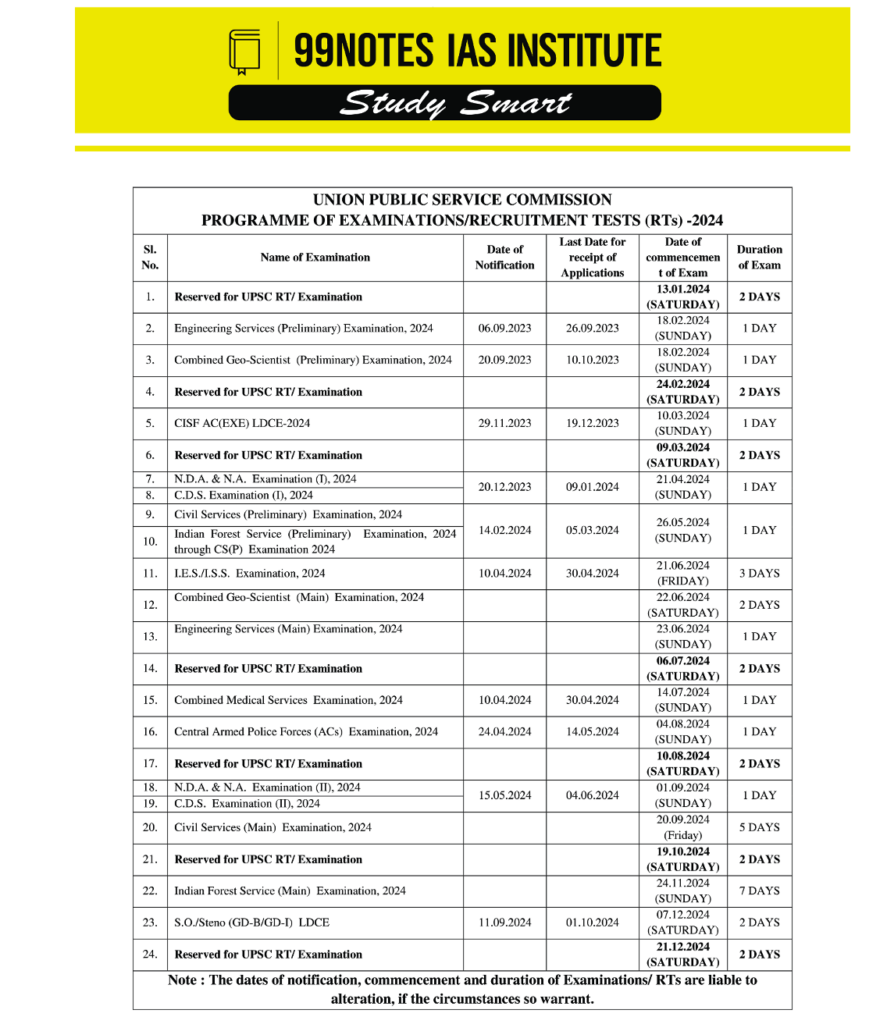
Leveraging the UPSC Calendar to Your Advantage
The UPSC Calendar can act as a potent compass in your preparation voyage. Here’s how you can harness its power for your benefit:
- Design Your Study Plan: Awareness of examination dates allows you to devise a detailed study plan. It aids in distributing your time effectively across various subjects and punctuating your study regime with well-planned revision slots.
- Prioritizing Examinations: If you’re considering multiple UPSC exams, the Calendar enables you to prioritize your focus and proportionately allocate your preparation time.
- Track Application Dates: The Calendar ensures you never miss out on important milestones such as the release of official notifications, the onset and conclusion of application windows, and the availability of admit cards.
- Resource Management: By aligning your resources, like coaching classes, study materials, and mock tests, with the examination schedule, the Calendar helps optimize your preparation strategy.
The UPSC Calendar 2024 isn’t just a timeline of examination dates; it’s an integral part of your strategy, a blueprint guiding you towards a successful UPSC journey. Comprehensive understanding of the examination schedules and strategic preparation planning, coupled with a healthy dose of determination, discipline, and consistency, can help you steer through the UPSC challenges and edge closer to your dream civil services role.
Remember, every successful UPSC aspirant has a story of tireless hard work, but what sets the toppers apart is often their strategic planning and effective time management. So, take your first step today. Grab the UPSC Calendar, draft your strategy, and set sail on your journey towards achieving your civil services aspirations.
Introduction to UPSC
What is UPSC
The UPSC is the central recruiting agency of India, vested with the responsibility of conducting examinations for appointments to the All India Services and Group A & B of Central Services. The most distinguished among these is the CSE, a competitive examination held nationwide for recruitment to various Civil Services.
Embarking on the journey to join the esteemed Indian Civil Services involves more than sheer passion and diligence. One must thoroughly understand the eligibility criteria set by the Union Public Service Commission (UPSC) for appearing in the Civil Services Examination (CSE).
These criteria encompass various aspects like nationality, age, educational qualifications, and the number of attempts permissible. This comprehensive guide aims to offer an in-depth analysis of the UPSC eligibility criteria, guiding you through your preparations to join the Indian Administrative Service (IAS), Indian Foreign Service (IFS), and Indian Police Service (IPS), among others.
UPSC Eligibility Criteria
Some Facts about UPSC Civil Services
The UPSC conducts the Civil Services Examination (CSE), considered one of the toughest examinations in India. Through this exam, aspirants can secure positions in the prestigious All India Services and other Central Services, including the Indian Administrative Service (IAS), Indian Foreign Service (IFS), and Indian Police Service (IPS).
Nationality Criterion
The nationality criterion primarily depends on the specific service you aim to join.
For the IAS and the IPS, the candidate must unequivocally be a citizen of India. However, for other services, the candidate can be:
- A citizen of India, or
- A subject of Nepal or Bhutan, or
- A Tibetan refugee who migrated to India before January 1, 1962, with an intention to permanently settle in India, or
- A person of Indian origin who has migrated from Pakistan, Burma, Sri Lanka, East African countries of Kenya, Uganda, the United Republic of Tanzania, Zambia, Malawi, Zaire, Ethiopia, and Vietnam with an intention to permanently settle in India.
Age Limit
Candidates aspiring to appear for the UPSC examination must have attained 21 years of age and must not exceed 32 years on August 1st of the year of examination. There are relaxations on the upper age limit for candidates from specific reserved categories, in line with the government norms.
Educational Qualification
The minimum educational qualification required is a Graduation degree from a recognized university. Candidates in their final year or those awaiting results can also appear for the UPSC Preliminary Examination, provided they submit proof of having passed the requisite examination along with their application for the Main Examination.
Number of Attempts in UPSC
The UPSC has set limits on the number of attempts a candidate can make, with different categories having different limits:
Category | Number of Attempts |
General | 6 |
OBC | 9 |
SC/ST | Unlimited (up to the age limit) |
Physical Standards
Apart from the above-mentioned criteria, candidates must also meet certain physical standards, particularly for services like the IPS. Detailed information about these standards is available on the UPSC website.
Understanding the UPSC eligibility criteria forms the foundational step in your quest to join the Civil Services. Before embarking on your preparation journey, ensure you satisfy all the prerequisites. It is recommended to periodically check the official UPSC website for any updates or changes in the eligibility criteria.
A well-informed candidate is a well-prepared candidate. Start your journey today, and you’re one step closer to realizing your civil service dreams.
UPSC Online Application Form
UPSC Online Application Form: Your First Step for Civil Service Career!
In pursuit of a rewarding career in the Indian Civil Services, the first tangible step is understanding and accurately filling out the Union Public Service Commission (UPSC) online application form.
The UPSC, India’s premier central recruiting agency, has streamlined the application process by making it accessible online.
Process of Filling UPSC Online Application Form
The UPSC releases official notifications for various examinations, following which the online application process commences.
The application form can be accessed on the UPSC’s official website, the UPSC Online Applications portal. You can visit the portal by clicking here.
Filling Out the UPSC Online Application Form: A Step-by-Step Guide
Here is a comprehensive guide to help you accurately fill out and submit your UPSC online application form:
- Step 1: Visit the official UPSC Online Applications portal. On the homepage, select the ‘ONLINE APPLICATION FOR VARIOUS EXAMINATIONS OF UPSC’ link.
- Step 2: You’ll find two parts of the application — Part I and Part II. Begin with Part I, which involves registering as a new user. Here, you need to provide basic information such as name, gender, date of birth, parents’ names, and contact details.
- Step 3: Once you’ve completed Part I, you will receive a unique registration ID. Keep this ID secure as it will be required for the next part of the application and future correspondence.
- Step 4: Proceed to Part II of the application, where you’ll need to fill in your educational qualifications and address. You will also be required to select your preferred examination center.
- Step 5: The next section involves uploading your scanned photograph and signature, adhering to the specific dimensions and size mentioned on the website.
- Step 6: The final stage of the application process is the payment of the application fee. You can complete the payment online using net banking, debit card, or credit card.
- Step 7: After successful payment, your completed application form will be generated, which you can print for future reference.
Successfully submitting your UPSC online application form is the first milestone in your journey towards a career in civil services.
This process requires careful attention to ensure accuracy and completeness. Remember, consistent checks on the official UPSC website can keep you updated with all crucial information. Your dream of serving the nation is just an application away.
Embark on your journey today and step closer to realizing your aspirations of joining India’s prestigious civil services.
Documents Required for UPSC Exam
Understanding the Documentation Process for the UPSC Exam: An Essential Guide for Aspiring Civil Servants
When preparing for the esteemed Union Public Service Commission (UPSC) examinations, one crucial aspect that aspirants should not overlook is understanding the intricacies of the documentation process.
Primary Documents for UPSC Prelims Exam
To ensure a smooth application process for the Preliminary Examination, it’s essential to prepare the following documents:
- Digital Photograph and Signature: A scanned copy of your photograph and signature is needed, both in JPG format. Ensure the photograph file size is between 20 KB to 50 KB, while the signature’s file size lies between 10 KB to 20 KB.
- Photo Identification Card: During the Preliminary exam, you will need to present a valid Photo ID proof, which you mentioned in your application form. This could be your Aadhar Card, Driving License, Passport, or Voter ID Card.
- Educational Certificates: A proof of your educational qualifications is mandatory. If you’re a graduate, your degree certificate would suffice. For those in their final year, a certificate from your university affirming you’re appearing for the qualifying examination will be required.
Additional Documents for UPSC Main Exam and Interview
After qualifying the Preliminary Examination, aspirants will need additional documentation to navigate the subsequent stages:
- UPSC Mains Application Form: Upon clearing the prelims, candidates must fill the Detailed Application Form (DAF) for the Mains. This form must be supplemented with the appropriate document uploads.
- Date of Birth Proof: As proof of age, you can present your birth certificate, school leaving certificate, or another equivalent document.
- Category Certificate: If you belong to SC/ST/OBC/EWS categories, you’re required to submit your caste certificate. In the case of OBC candidates, the certificate should clarify that they do not belong to the ‘Creamy Layer’.
- Disability Certificate: If you’re applying under the Physical Disability category, you need to submit a valid disability certificate issued by a competent authority.
- Pay-in-slip: In case you paid the application fee in cash, it is necessary to present the pay-in-slip.
- Employer Certificate: For those already in government service, a no-objection certificate (NOC) from your employer is essential.
- TA Form: Candidates from outstation locations called for an interview can submit the TA (Travelling Allowance) form to claim their travel expenses.
Getting the necessary documentation in place is a vital step in your UPSC exam preparation. Be sure to check each document for accuracy, ensuring that all your information aligns with what you’ve provided in your application form. To stay updated with any changes in the documentation process, it is advised to regularly visit the official UPSC website. Your meticulous preparation, both in terms of knowledge and documentation, can be instrumental in your journey towards a fulfilling career in the Indian Civil Services.
UPSC: The Conduit to Indian Civil Services
The UPSC, India’s central recruiting agency, conducts a series of examinations, the most significant of which is the Civil Services Examination (CSE). The CSE opens the door to high-ranking positions such as Indian Administrative Service (IAS), Indian Foreign Service (IFS), and Indian Police Service (IPS), among others.
UPSC Admit Card
UPSC: The Apex Recruitment Body in India
The UPSC is responsible for the recruitment of candidates to the All India Services, Central Services, and Armed Forces of the Union. Its Civil Services Examination (CSE) is particularly renowned, acting as the gateway to illustrious services such as the Indian Administrative Service (IAS), Indian Foreign Service (IFS), and Indian Police Service (IPS).
The UPSC Admit Card: Your Entry Pass to India’s Premier Civil Services Examination
As an aspirant for the Union Public Service Commission (UPSC) examinations, receiving your admit card marks a significant milestone on the path to India’s prestigious civil services. The admit card, or e-admission certificate, is a compulsory document for the UPSC exams, serving as your proof of eligibility to participate in the examination.
Significance of the UPSC Admit Card
The UPSC Admit Card is a crucial document that confirms your candidature for the exam. It bears essential details like your roll number, examination center, exam date and timing, and other examination guidelines. Without it, you will not be allowed to enter the examination hall.
What to Do in Case of Discrepancies in the Admit Card?
If you notice any discrepancies in your admit card, immediately contact the UPSC’s Facilitation Counter on their helpline numbers, which are available on the official website.
The UPSC Admit Card is not just a piece of paper; it’s a symbol of the diligence, determination, and drive that you, as an aspirant, have put into your UPSC preparation. It’s your passport to the testing grounds where you’ll strive to prove your mettle, displaying the knowledge and skills you’ve acquired on this rigorous journey.
Remember, the process of downloading your admit card is the prelude to the examination itself – it needs to be undertaken with care and attention to detail. It is advised to download your admit card as soon as it becomes available to avoid any last-minute technical glitches. Ensure you verify the details mentioned, as they are the key identifiers that connect you to your examination.
The official UPSC website is the reliable source to obtain your admit card. Always keep a watchful eye for notifications regarding admit cards on this site, ensuring you do not miss out on any important announcements.
In the end, it’s not just about getting your hands on the admit card. It’s about holding it in your hands, feeling the weight of your aspirations, and stepping into the examination center with a quiet confidence. This document, your admit card, is your first tangible step towards the prestigious corridors of Indian civil services. So, download it, print it, keep it safe, and let it serve as a reminder of the exciting journey that awaits you. Good luck with your preparations and here’s to making your civil service dreams come true!
UPSC Prelims PYQ Papers
Mastering the UPSC Examination with Prelims and Mains PYQ Papers: An Aspirant’s Guide
As an aspirant for the Union Public Service Commission (UPSC) examinations, one of your most powerful resources for preparation is the Previous Year Question (PYQ) papers. Familiarizing yourself with the type of questions asked, patterns, and frequently discussed topics can significantly boost your preparation strategy.
UPSC: India’s Premier Civil Services Gateway
The UPSC organizes various examinations, the most prominent of which is the Civil Services Examination (CSE). Successful candidates find their way into the Indian Administrative Service (IAS), Indian Foreign Service (IFS), and Indian Police Service (IPS), among other esteemed posts.
Unveiling the Power of UPSC Prelims PYQ Papers
UPSC Prelims, the first hurdle in the CSE, consist of two objective type papers – General Studies Paper-I and General Studies Paper-II (CSAT). PYQ papers for the Prelims can offer you numerous advantages:
- Understanding the Exam Pattern: PYQ papers give you a clear picture of the Prelims’ structure, the nature of questions asked, and the marking scheme.
- Identifying Important Topics: By analyzing PYQ papers, you can identify which topics are frequently asked and focus more on them during your preparation.
- Practice and Speed: Regularly solving PYQ papers helps improve your question-solving speed and accuracy, essential for the Prelims’ time-bound nature.
Leveraging UPSC Mains PYQ Papers for Success
The UPSC Mains examination comprises nine papers, including one essay paper, four General Studies papers, two optional subject papers, and two language papers. Here’s how PYQ papers can benefit your Mains preparation:
- Understanding Question Types and Structure: Mains PYQ papers allow you to understand the types of questions asked, the word limit, and the distribution of marks among different sections.
- Enhancing Answer Writing Skills: By practicing answer writing with PYQ papers, you can improve your writing skills, coherence, presentation, and time management, which are crucial for the Mains.
- Identifying Trending Topics: Studying PYQ papers helps in recognizing the recurrent themes and topics, enabling you to align your preparation accordingly.
Where to Find UPSC Prelims and Mains PYQ Papers
UPSC PYQ papers are available for download on the official UPSC website under the ‘Examination’ tab. Several reputable publishers and coaching institutes like 99Notes also provide solved versions of these PYQ papers.
A deep dive into UPSC Prelims and Mains PYQ papers can provide a clear roadmap for your examination strategy. It’s an exercise in understanding the examiner’s mindset and aligning your preparation accordingly. Embrace these golden resources to tailor your preparation and take a confident leap towards your dream of becoming an esteemed civil servant. For any updates or notifications regarding the UPSC exams, ensure to check the official UPSC website.
Where to Find Neatly Organised PYQ’s
When it comes to preparing for the Union Public Service Commission (UPSC) examinations, Previous Year Question (PYQ) papers are invaluable. They offer insights into exam patterns, frequently asked topics, and the overall structure of the paper. However, sourcing these papers from various years can be a challenge. That’s where platforms like 99notes.in come into play, offering a comprehensive collection of PYQ papers at your fingertips.
The Crucial Role of UPSC Prelims and Mains PYQ Papers
PYQ papers for both the UPSC Prelims and Mains serve as important learning tools. They help you understand the exam pattern, identify important topics, and improve question-solving speed and accuracy. Moreover, for the Mains, they help hone your answer writing skills and provide insights into trending topics.
Introducing 99notes.in: Your Ultimate PYQ Resource
Sourcing these PYQ papers can be difficult, as they are scattered across different sources. Here’s where 99notes.in comes to your rescue. This platform brings together PYQ papers for both Prelims and Mains under one digital roof.
Directly Download From: – Download PYQ
- Ease of Access: On 99notes.in, you can easily access UPSC Prelims PYQ Papers and UPSC Mains PYQ Papers without having to sift through multiple sources or websites.
- Comprehensive Collection:in hosts a vast repository of PYQ papers from various years, providing a comprehensive picture of the changing patterns and trends in the UPSC examinations.
- User-Friendly Interface: The platform’s clean, intuitive interface allows for easy navigation and download of the PYQ papers, enhancing your study experience.
- Saves Time: With 99notes.in, you can save valuable time that might have been spent searching for PYQ papers. This time can be invested in solving these papers and strengthening your preparation.
Harnessing 99notes.in for Effective UPSC Preparation
99notes.in doesn’t just provide you with the resources; it’s also about how you leverage them. Make it a point to solve these PYQ papers regularly, analyze your performance, and adjust your preparation strategy based on the insights you gain.
For Enquiry
Search By Categories
Table of Contents
Toggle- UPSC Exam 2024: Eligibility Criteria, Pattern, & Syllabus
- UPSC Exam 2024 Date
- Important Updates On the UPSC Exam
- UPSC CSE Exam 2024
- UPSC Exam 2024 Calendar Out
- UPSC CSE 2024 Prelims Exam
- UPSC CSE 2023 Preliminary or Prelims Result
- UPSC Mains Exam 2024
- UPSC CSE 2024 Exam Important Dates
- UPSC IAS Interview (Personality Test)
- IAS Salary Configuration
- IAS Vacancy
- UPSC Civil Services Post List
- UPSC IAS Exam has three stages:
- UPSC IAS Exam Dates & Notification 2024
- UPCS IAS Exam Eligibility criteria
- UPSC IAS EXAM PATTERN
- Syllabus of UPSC CSE Exam
- UPSC Exam admit card
- UPSC Exam Preparation strategy
- Group A Services or Central Services
- IMPORTANCE OF PYQ IN THE UPSC EXAM
- Understanding the UPSC Exam: The Gateway to India’s Prestigious Civil Services
- Importance of the UPSC Examination
- Structure of the UPSC Examination
- The Post-UPSC Examination Journey: A Deep Dive into the Structure and Process After Clearing All Three Stages
- UPSC Exam Calendar 2024
- Decoding the UPSC Calendar 2024-2025
- Chronology of Key Events in the UPSC Calendar 2024
- UPSC Eligibility Criteria
- UPSC Online Application Form
- Process of Filling UPSC Online Application Form
- Documents Required for UPSC Exam
- Understanding the Documentation Process for the UPSC Exam: An Essential Guide for Aspiring Civil Servants
- UPSC Admit Card
- UPSC: The Apex Recruitment Body in India
- The UPSC Admit Card: Your Entry Pass to India’s Premier Civil Services Examination
- Significance of the UPSC Admit Card
- What to Do in Case of Discrepancies in the Admit Card?
- UPSC Prelims PYQ Papers
- Mastering the UPSC Examination with Prelims and Mains PYQ Papers: An Aspirant’s Guide
- Unveiling the Power of UPSC Prelims PYQ Papers
- Where to Find UPSC Prelims and Mains PYQ Papers
- The Crucial Role of UPSC Prelims and Mains PYQ Papers
- Introducing 99notes.in: Your Ultimate PYQ Resource
- Harnessing 99notes.in for Effective UPSC Preparation
- For Enquiry
Magadha Empire
The Magadha Empire was a significant ancient Indian kingdom, renowned for its contribution...
Megaliths
Megaliths are large stone structures built a long time ago, during the Stone and Bronze Ages....
A court poet of the Parmara king Sindhuraja (r. 990s CE).
Padmagupta is the author of a Sanskrit epic,...
After the fall of Kushanas in the North and Satvahana in the south, several minor powers emerged, as...
Post Gupta Period
The Post-Gupta period marks a transformative era in Indian history, characterized by...
The Gupta Age was a Golden age of Economy, Literature, Science, Mathematics, Astronomy and Art, even...
Gupta Empire
The Kushanas and the Satvahanas became weaker in the middle of the 3rd century after providing...
Satavahana Dynasty
Satvahanas succeeded the Mauryan Empire in Deccan and Central India. They are considered...
Sangam Age
The Sangam Age, a significant era in ancient Tamil history, is renowned for its rich cultural...
Post Mauryan Period
The period from 200 BCE onwards is known as Post-Mauryan Period. It did not witness...
We have several sources that help us to reconstruct the Mauryan empire. These can be classified as either...
Mauryan Economy
Both National and international trade grew during the Mauryan times.
Several Important...
Mauryan Empire
The Mauryan Empire, foundation to India’s historical and cultural framework, flourished...
In the post-Vedic period, a significant change occurred in the nature of Religious practices in India....
In the 6th century BCE, India’s northwest was a site of conflict between various principalities....
Later Vedic Period
The later Vedic period or post Vedic age extended roughly from 1000 B.C. to 600...
Vedic Period [1500-500 BCE]
The Vedic Period started with the advent of the Aryans in around 1500 BCE,...
What is Chalcolithic age?
Chalcolithic is made from two Greek words, khalkos and lithos, meaning copper...
What is Stone Age?
The Stone age refers to the prehistoric period during which stone tools were the most...
What is History?
The word history is derived from the ancient Greek word ‘Historia’, which translates...
No posts found
Mughal Economy
The Indian economy was strong till the Mughal times. By 1700, India’s share of world...
Later Mughals & Decline of Mughal Empire
The Later Mughals period represents crucial phase in India...
Maratha Empire
The Maratha Empire, flourishing from the 17th to the 18th century was a strong and key...
Mughal Empire
Babur, a Central Asian ruler descendant of the Turco-Mongol conqueror Timor, founded the...
Varkari Movement
The Varkari Movement is a significant spiritual tradition that originated in Maharashtra,...
Ghurid Dynasty
The Ghurid Dynasty, a significant chapter in medieval Islamic history, flourished as...
Portuguese in india
The Portuguese were the first Europeans to discover a direct maritime route to India...
Bhakti Movement in North India
The period from 1375 to 1700 is known as the era of Bhakti movement in...
The Bhakti Movement in India
Introduction of Bhakti Movement
The Bhakti movement was a medieval religious...
Bahmani Kingdom and Deccan Sultanates
After the fall of Yadavas and Kakatiyas to the Khaljis and Tughlaqs,...
The Vijayanagara Empire (1336-1646) AD
Ruins of Vijayanagar, Hampi (Source: Karnataka Tourism website)
The...
Socio-cultural Impact of the Delhi Sultanate
The Delhi sultanate introduced Persian art, architecture,...
Delhi Sultanate
The Delhi Sultanate known as one of the India’s rich historical time-period. This...
Regional Powers in South India and Deccan
After the Fall of Rashtrakutas, Deccan India came under the...
Evaluation of Rajput States
In the previous page, we discussed the chronology of the Rajput states and...
The Rajput States – Famous Rajput Dynasties
After the fall of the Gurjar-Pratihara Empire, several...
Chola Dynasty
The Chola Dynasty is one of the longest-ruling families in the history of the world. It...
Tripartite Struggle
The Tripartite Struggle, aka The Kannauj Triangle Wars, was the struggle for the...
No posts found
Infrastructure is the set of provisions that serve a country, city, or other area. It encompasses...
What is Social Infrastructure?
Meaning of Social Infrastructure is to creating and maintaining facilities...
Housing Sector in India
The housing industry is one of the pillars of the economic foundations of our...
Introduction to Digital Infrastructure:
Digital infrastructure refers to the host of technologies...
Infrastructure Financing
Infrastructure Financing refers to the set of mechanisms devised to Fund Infrastructure...
Waterways Transport
India is a land of rivers surrounded on three sides by ocean. It has around 7500...
Logistics Sector in India
Logistics refers to the overall process of acquiring, storing and transporting...
Civil Aviation Sector in India
Civil aviation infrastructure is one of the most complex infrastructure...
Infrastructure
Infrastructure is the set of physical and organizational structures (e.g. roads, water...
Road and Highway Infrastructure
Roadways are the most important mode of transport known to humans. Roads...
Renewable Energy
Renewable Energy Sources
Renewable Energy sources are those sources of energy which...
Non Renewable Energy
Non-renewable energy is derived from natural sources that cannot be regenerated...
Indian Railways
‘Indian Railways’ is the country’s most significant public sector undertaking,...
No posts found
Challenges Facing the Global Economy
The global economy is facing a unique set of challenges that are...
Introduction
Fiscal space with governments has become essential due to global risks and economic uncertainties....
India has been a major player in services trade, being among the top ten services exporting countries...
Introduction
With its firm forward linkages, agriculture and allied activities significantly contributed...
Introduction
Climate change is a prolonged change in weather and temperature patterns that can occur...
Introduction
In India, Consumer price inflation went through three phases in 2022.
A growing phase up...
In the wake of the global scenario of growing economic uncertainties in the past couple of years – RBI...
No posts found
Magadha Empire
The Magadha Empire was a significant ancient Indian kingdom, renowned for its contribution...
Megaliths
Megaliths are large stone structures built a long time ago, during the Stone and Bronze Ages....
Satavahana Dynasty
Satvahanas succeeded the Mauryan Empire in Deccan and Central India. They are considered...
Sangam Age
The Sangam Age, a significant era in ancient Tamil history, is renowned for its rich cultural...
Post Mauryan Period
The period from 200 BCE onwards is known as Post-Mauryan Period. It did not witness...
We have several sources that help us to reconstruct the Mauryan empire. These can be classified as either...
Mauryan Economy
Both National and international trade grew during the Mauryan times.
Several Important...
Mauryan Empire
The Mauryan Empire, foundation to India’s historical and cultural framework, flourished...
In the post-Vedic period, a significant change occurred in the nature of Religious practices in India....
In the 6th century BCE, India’s northwest was a site of conflict between various principalities....
Later Vedic Period
The later Vedic period or post Vedic age extended roughly from 1000 B.C. to 600...
Vedic Period [1500-500 BCE]
The Vedic Period started with the advent of the Aryans in around 1500 BCE,...
What is Chalcolithic age?
Chalcolithic is made from two Greek words, khalkos and lithos, meaning copper...
What is Stone Age?
The Stone age refers to the prehistoric period during which stone tools were the most...
What is History?
The word history is derived from the ancient Greek word ‘Historia’, which translates...
Features of Town Planning of Harappan Civilization
Harappan civilisation features very impressive...
Mahajanapadas Overview
The term Mahajanapadas refers to the great kingdoms or republics of ancient India,...
Indus Valley Civilization
Indus Valley Civilization, also known as Harappan civilization was the first...
Decline of Harappan CIvilization
Decline of Harrapan Civilization starts around 1900BCE, cities like...
No posts found
Kamil ut Tawarik or “The Complete History“, is a classic history book written by Ibn al-Athir....
Ain-i-Akbari is the third in the three-volume set Akbarnama written by Abul Fazl.
It discusses Akbar’s...
Muhammad Ghori History
Muhammad Ghori, also known as Sultan Shahab-ud-Din-Muhammad Ghori, was a prominent...
Khadag Rai’s Gwalior manuscript names 18 Tomara kings. It says Delhi was initially ruled by the...
Rani-ki-vav, or ‘Queen’s stepwell’, is located in the Patan district in Gujarat.
Udyamati,...
Fort Lal Kot was constructed by the Anangpal (r. 1051 – 1081 CE), the Tomar Rajputs who ruled from Delhi.
The...
It is dated to the early 18th century, built by Raja Bhimdev I of the Solanki Dynasty in 1026 CE.
The...
Vagehlas were a dynasty that ruled from Dholka in Gujarat during the 13th century CE.
They descended...
Somnath Temple is located in Parabhas Patan in Veraval, Gujarat.
It is considered the first among the...
Saraswati valley
Saraswati is an ancient river mentioned in the IVth book of the Rigveda. The text...
Chintamani-Sarnika, Dasbala
Chintamani-Sanika (1055 CE) is a work of Dasbala, the court poet of Paramara...
Bhojpur is a medieval Indian site on the Betwa river near Bhopal.
The town was founded by King Bhoja...
Battle of Mahoba, 1182, Allha and Udal
The battle of Mahoba was fought in 1182 CE between Prithvi Raj...
Seljuk Empire or the Greater Seljuk Empire (1040–1157 CE)
Seljuks were a Turkic tribe that gained control...
Battle of Chach or Battle of Chaach , 1008 CE
It was fought between the Mahmud of Ghazni and the Hindu...
⦁ Hindu Shahis ruled the western part of the Indian subcontinent, including the Kabul Valley, Gandhara...
Who was Firdausi?
Firdausi was a poet of great stature in Persian literature, famous as a philosopher.
He...
No posts found
Magadha Empire
The Magadha Empire was a significant ancient Indian kingdom, renowned for its contribution...
Megaliths
Megaliths are large stone structures built a long time ago, during the Stone and Bronze Ages....
Infrastructure is the set of provisions that serve a country, city, or other area. It encompasses...
What is Social Infrastructure?
Meaning of Social Infrastructure is to creating and maintaining facilities...
Mughal Economy
The Indian economy was strong till the Mughal times. By 1700, India’s share of world...
Housing Sector in India
The housing industry is one of the pillars of the economic foundations of our...
Introduction to Digital Infrastructure:
Digital infrastructure refers to the host of technologies...
Later Mughals & Decline of Mughal Empire
The Later Mughals period represents crucial phase in India...
Maratha Empire
The Maratha Empire, flourishing from the 17th to the 18th century was a strong and key...
Mughal Empire
Babur, a Central Asian ruler descendant of the Turco-Mongol conqueror Timor, founded the...
Infrastructure Financing
Infrastructure Financing refers to the set of mechanisms devised to Fund Infrastructure...
Waterways Transport
India is a land of rivers surrounded on three sides by ocean. It has around 7500...
Logistics Sector in India
Logistics refers to the overall process of acquiring, storing and transporting...
Civil Aviation Sector in India
Civil aviation infrastructure is one of the most complex infrastructure...
Infrastructure
Infrastructure is the set of physical and organizational structures (e.g. roads, water...
Road and Highway Infrastructure
Roadways are the most important mode of transport known to humans. Roads...
Renewable Energy
Renewable Energy Sources
Renewable Energy sources are those sources of energy which...
Non Renewable Energy
Non-renewable energy is derived from natural sources that cannot be regenerated...
Indian Railways
‘Indian Railways’ is the country’s most significant public sector undertaking,...
A court poet of the Parmara king Sindhuraja (r. 990s CE).
Padmagupta is the author of a Sanskrit epic,...
No posts found
- Ethics And Human Interface
- Attitude Notes
- Aptitude For Civil Services Notes
- Emotional Intelligence Notes
- Moral Thinkers And Philosophers
- Civil Service Values Notes
- Ethical Issues In International Relations Notes
- Corporate Governance Notes
- Probity In Governance Notes
- Case Study On Above Issues Notes
Contact Us
Address
Head Office :- Office No-2 & 3 ,LGF,Apsara Arcade,Adjacent Karol bagh Metro,Old Rajinder Nagar ,New Delhi-110060
2nd Office:- Metro station, 2nd floor, 5B, Pusa Rd, opp. to Metro Pillar no. 110, near Karol Bagh, Block B, Karol Bagh, New Delhi, Delhi 110005








